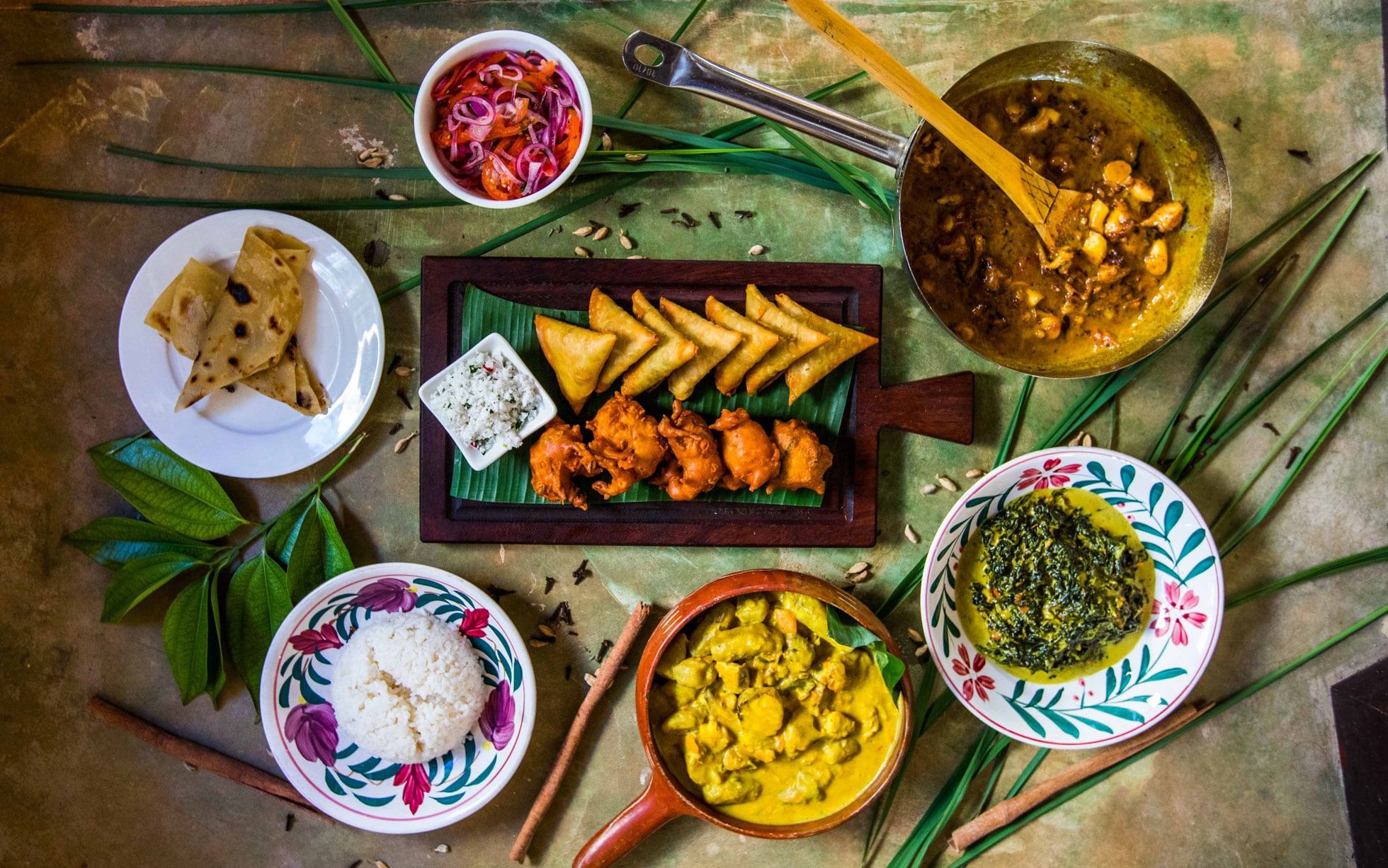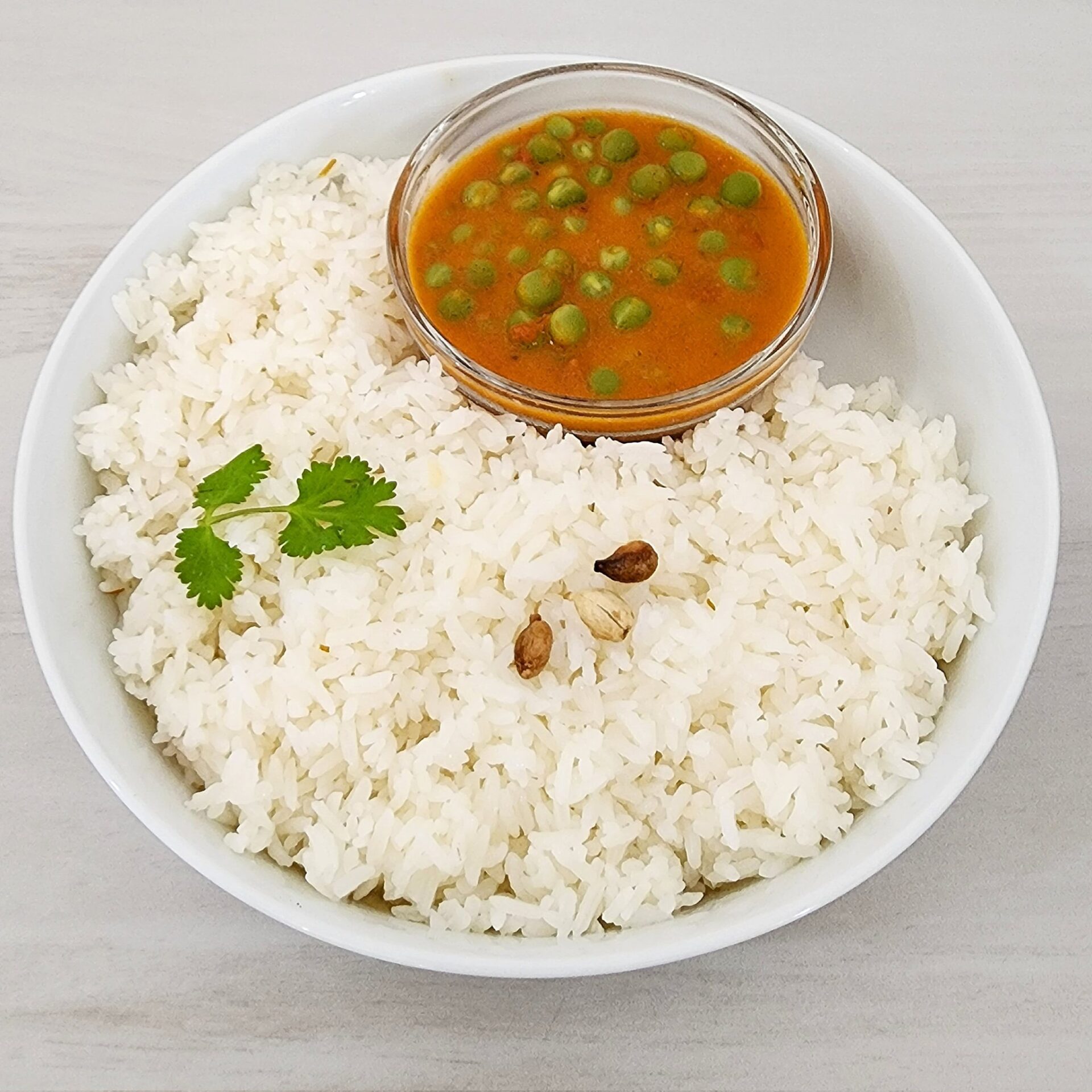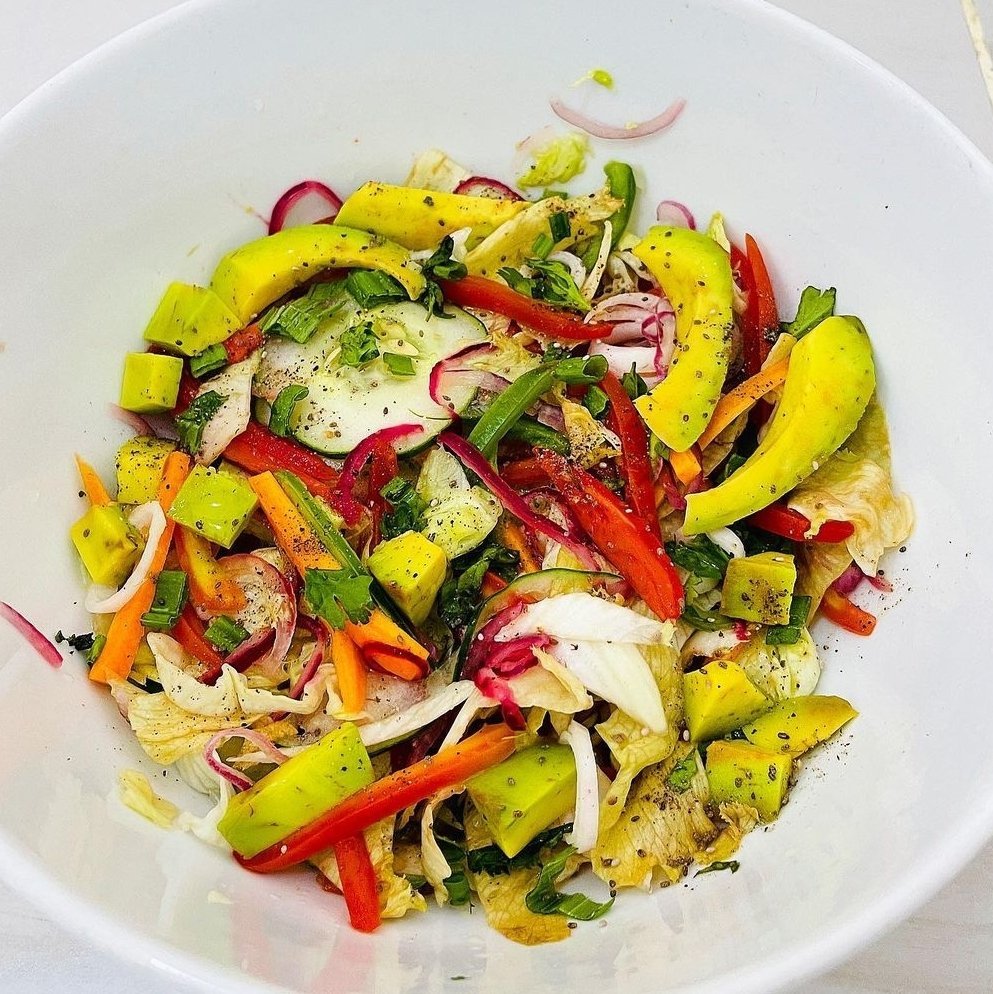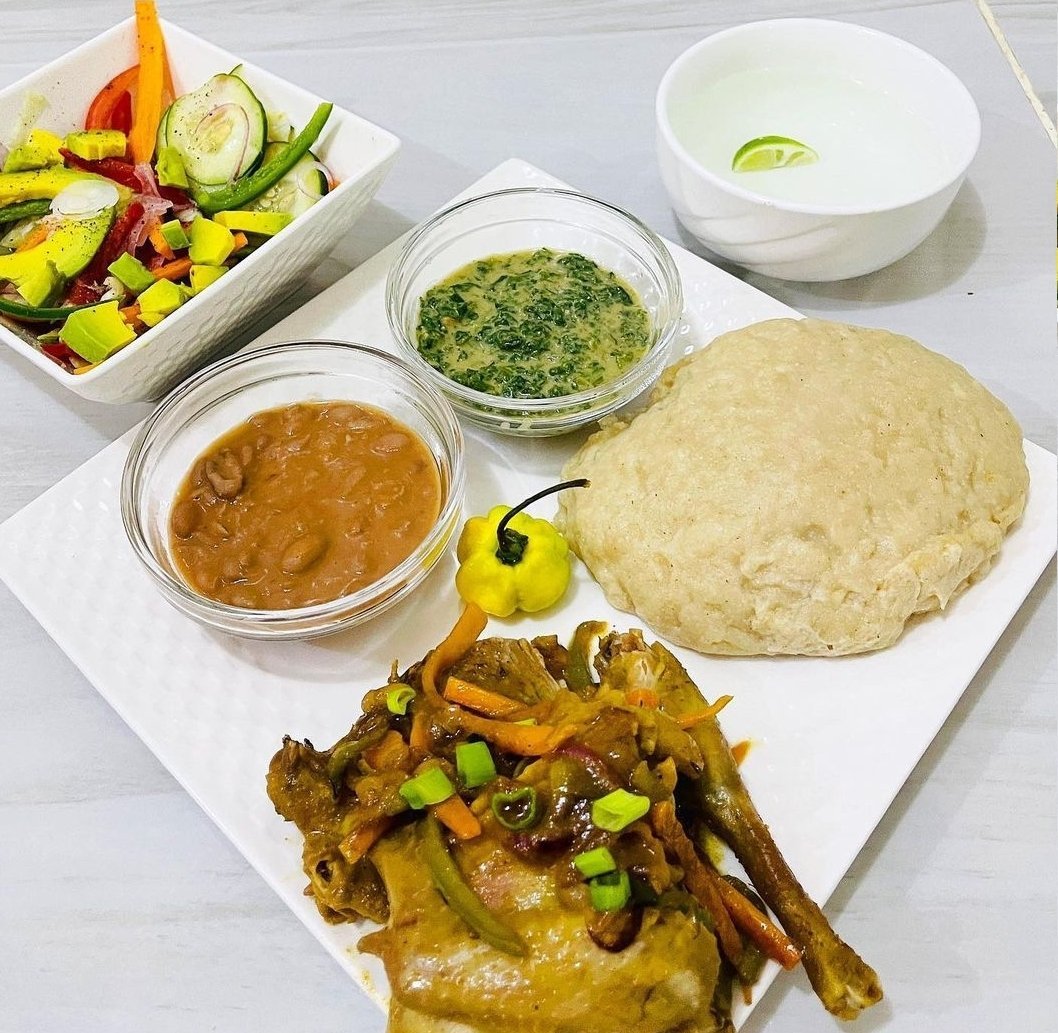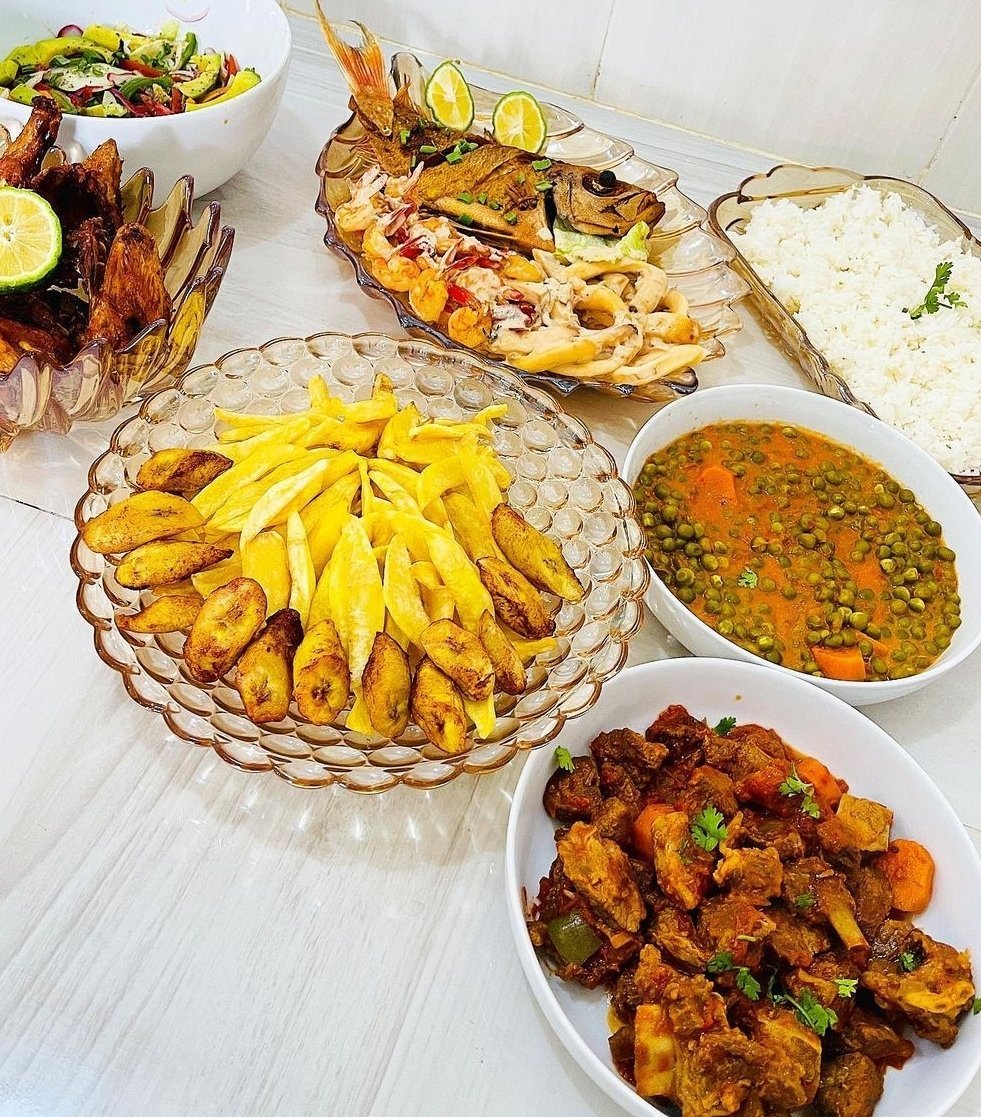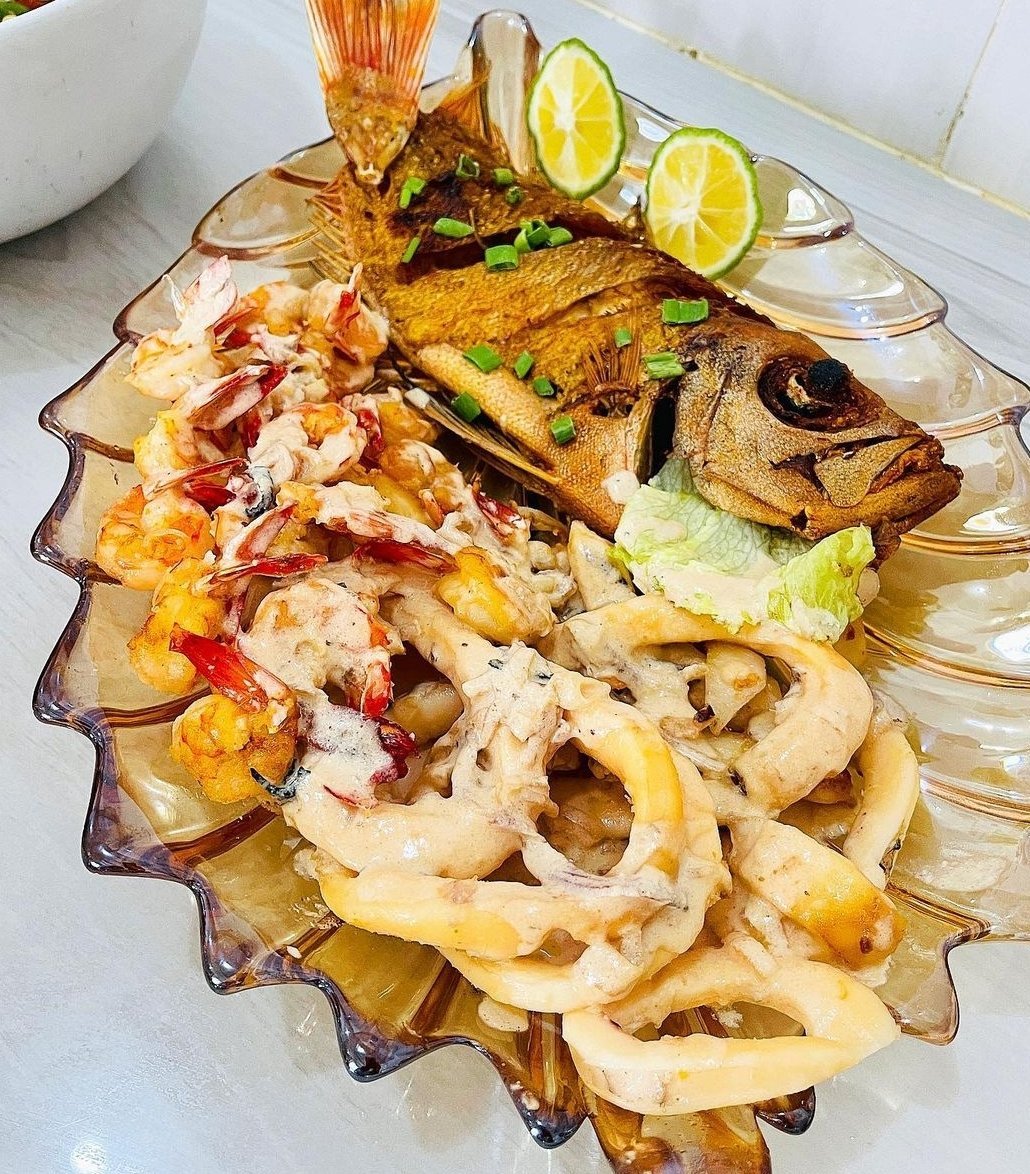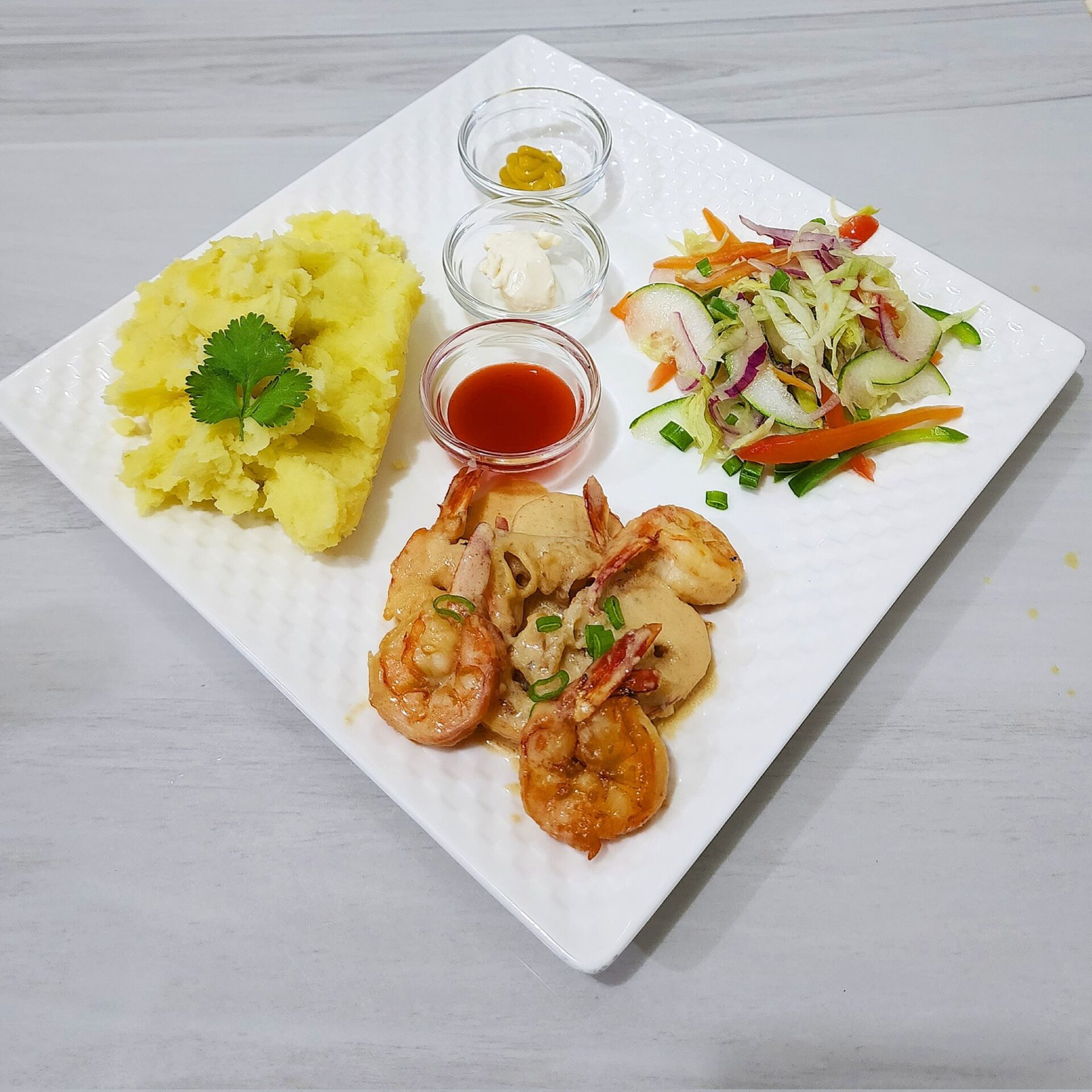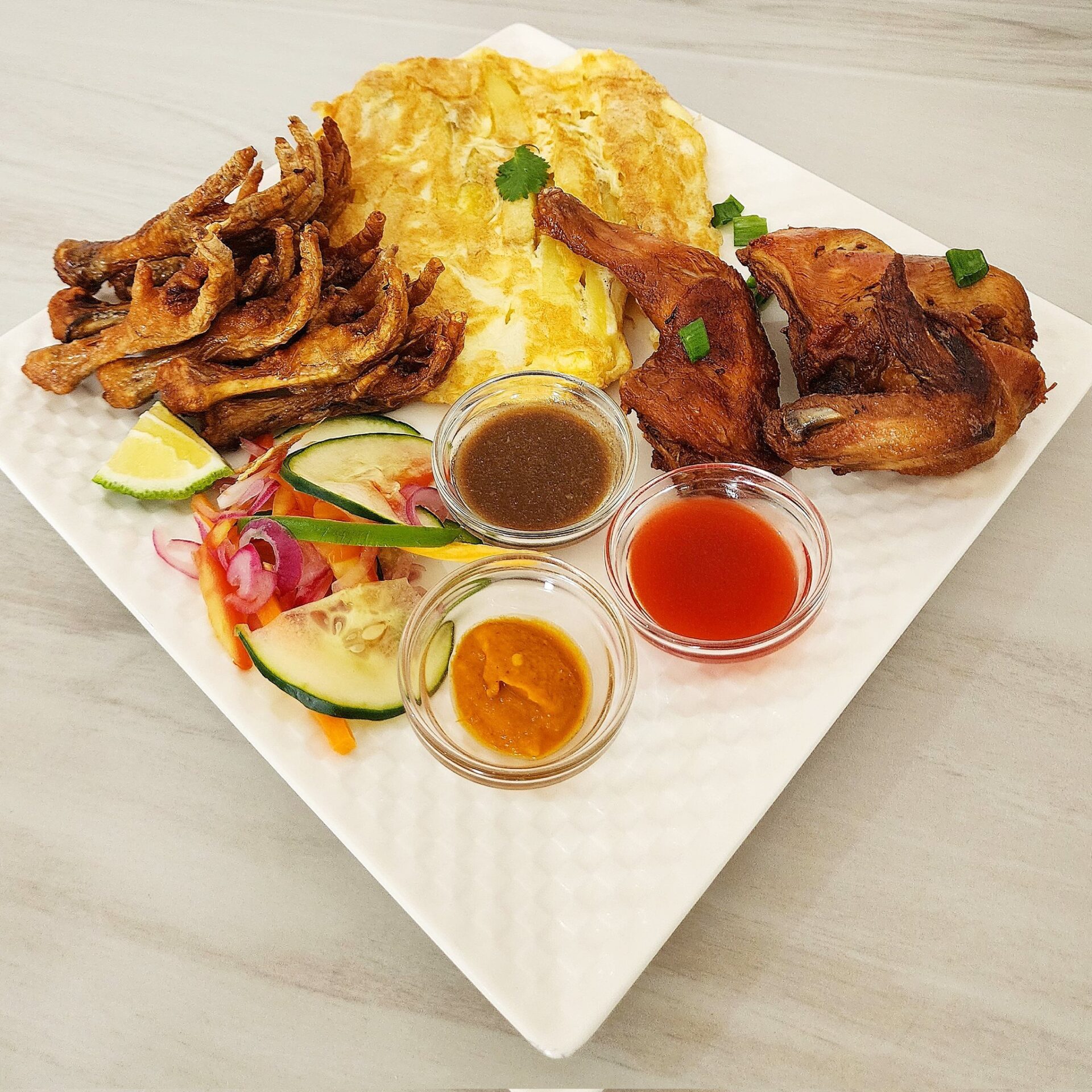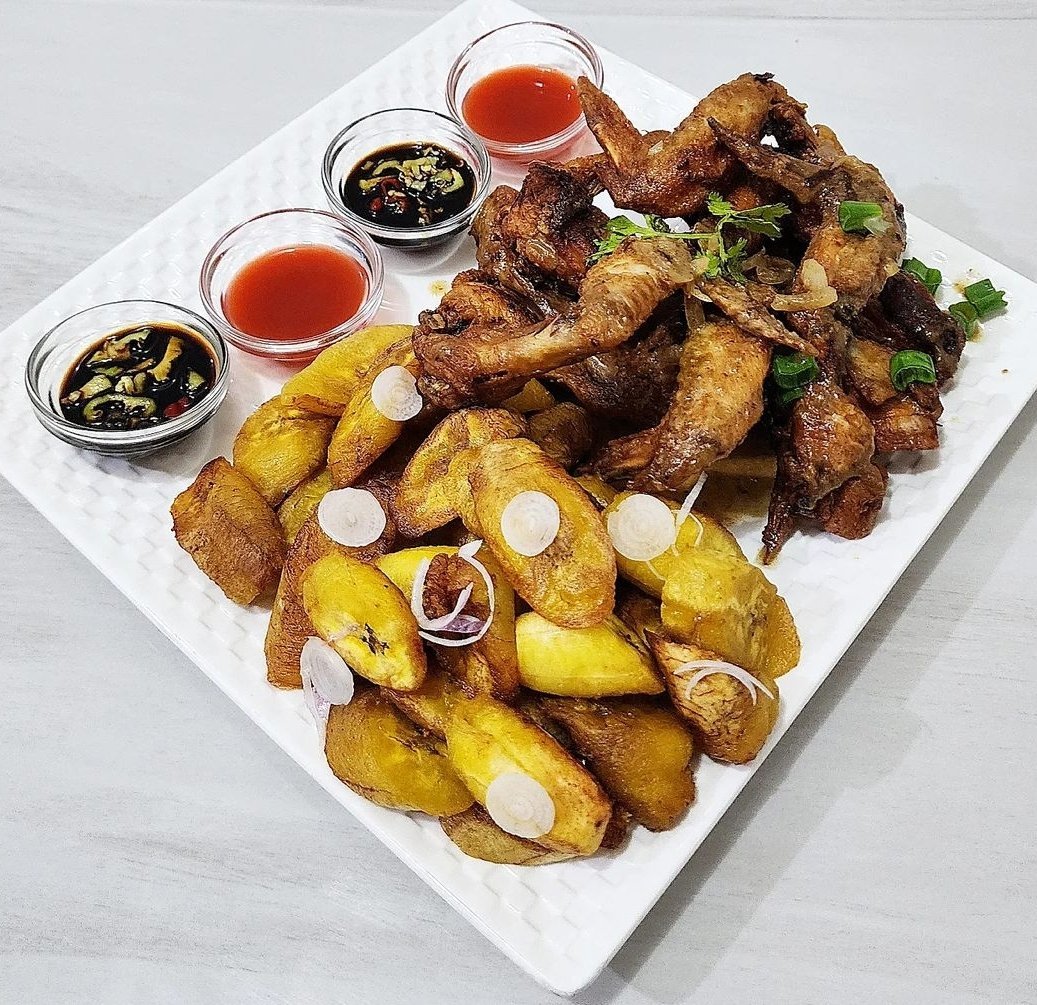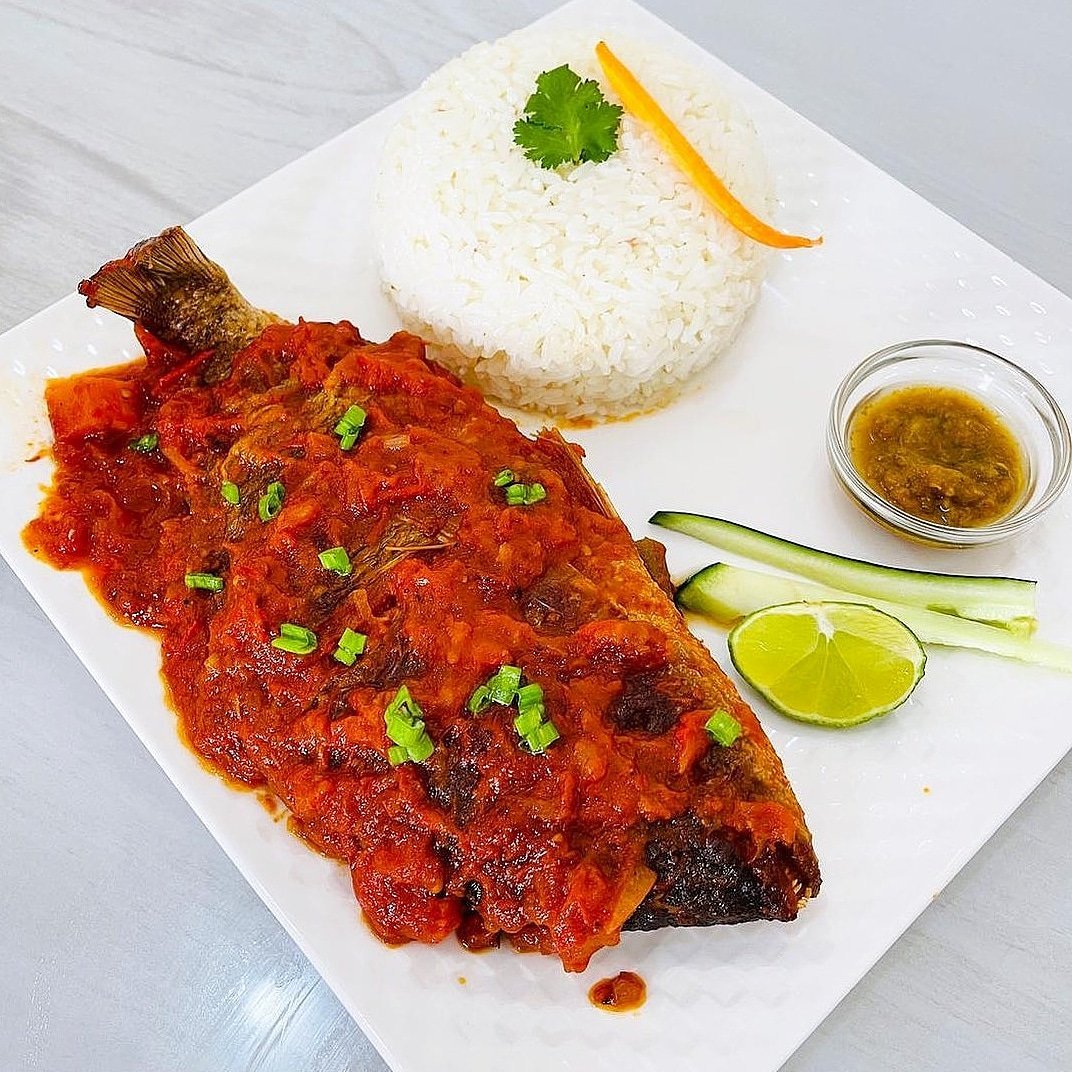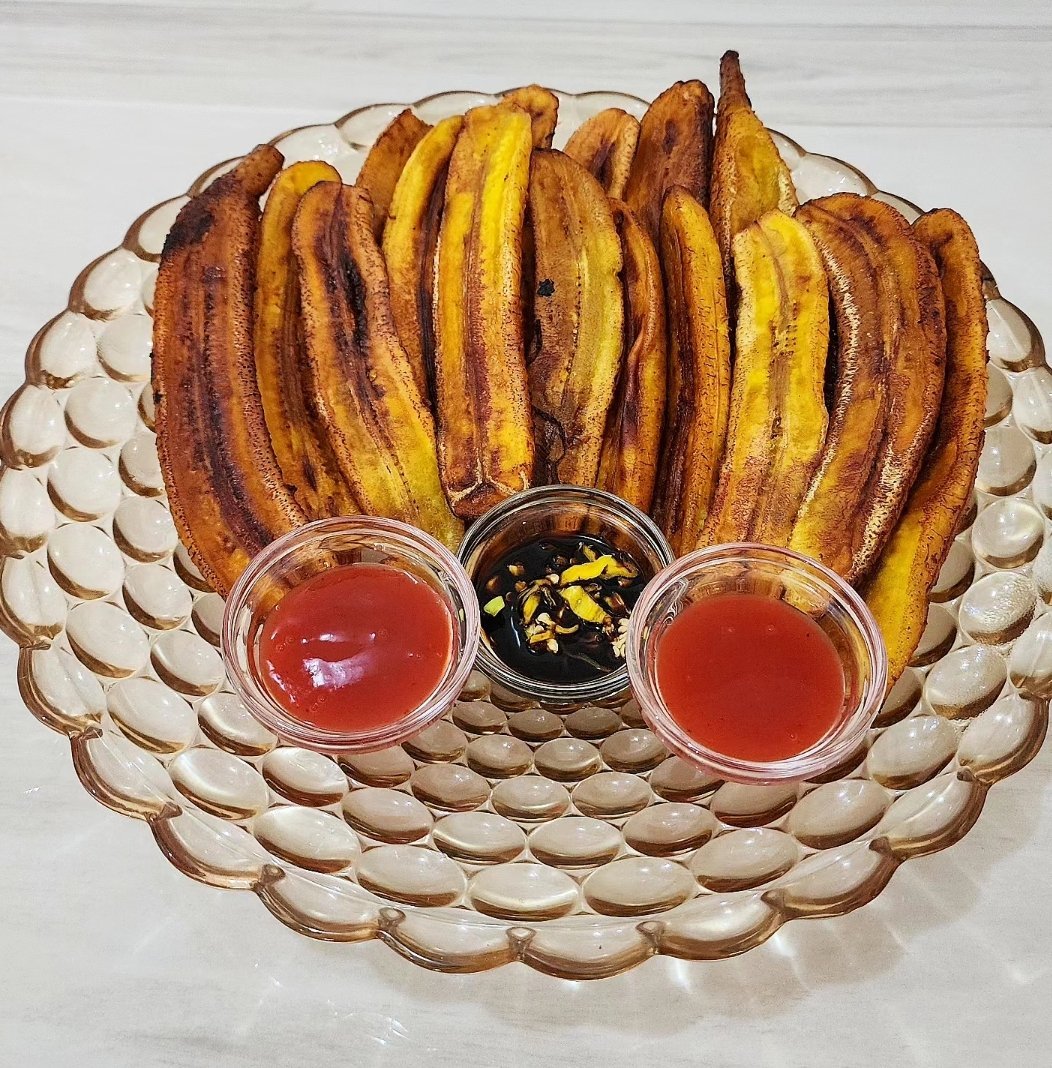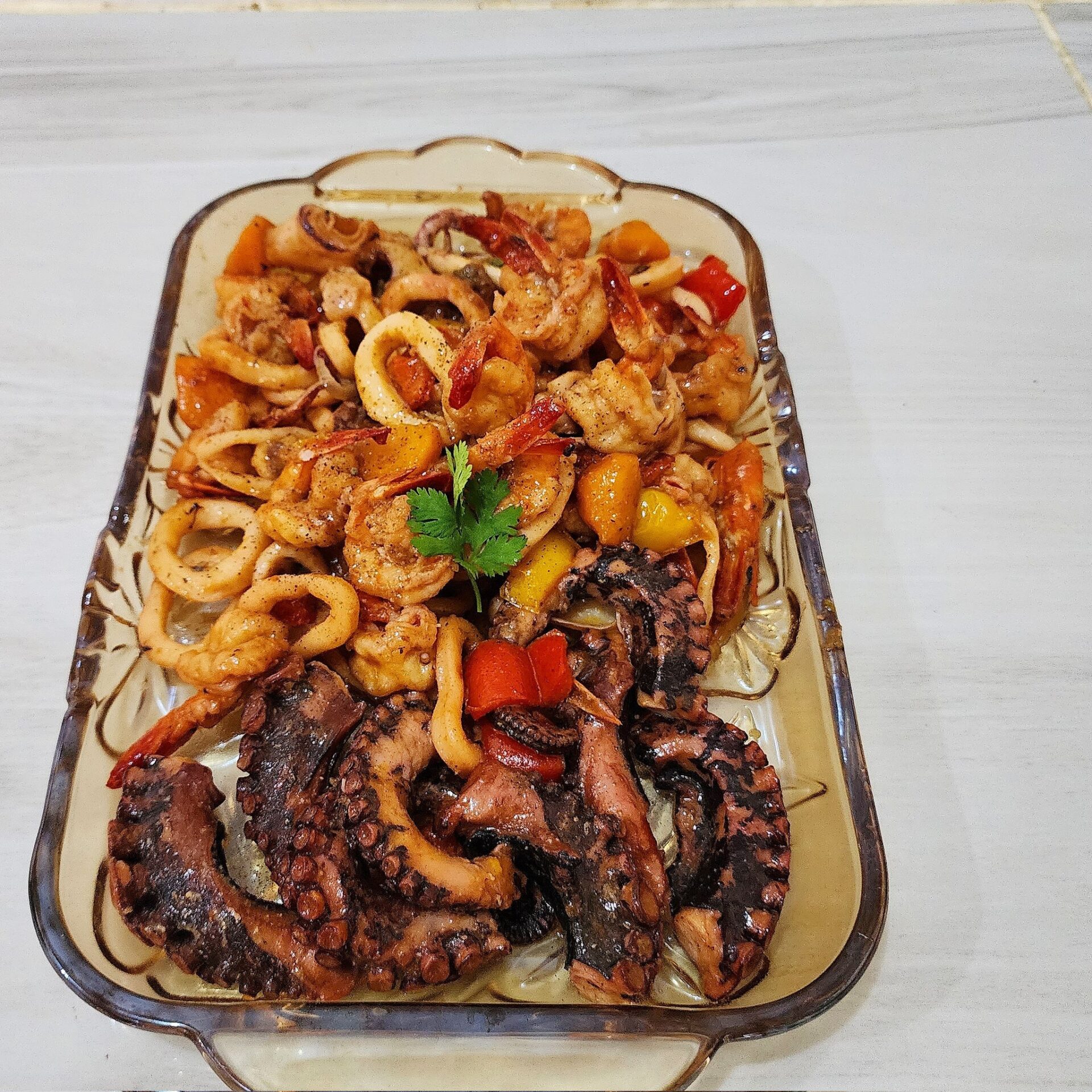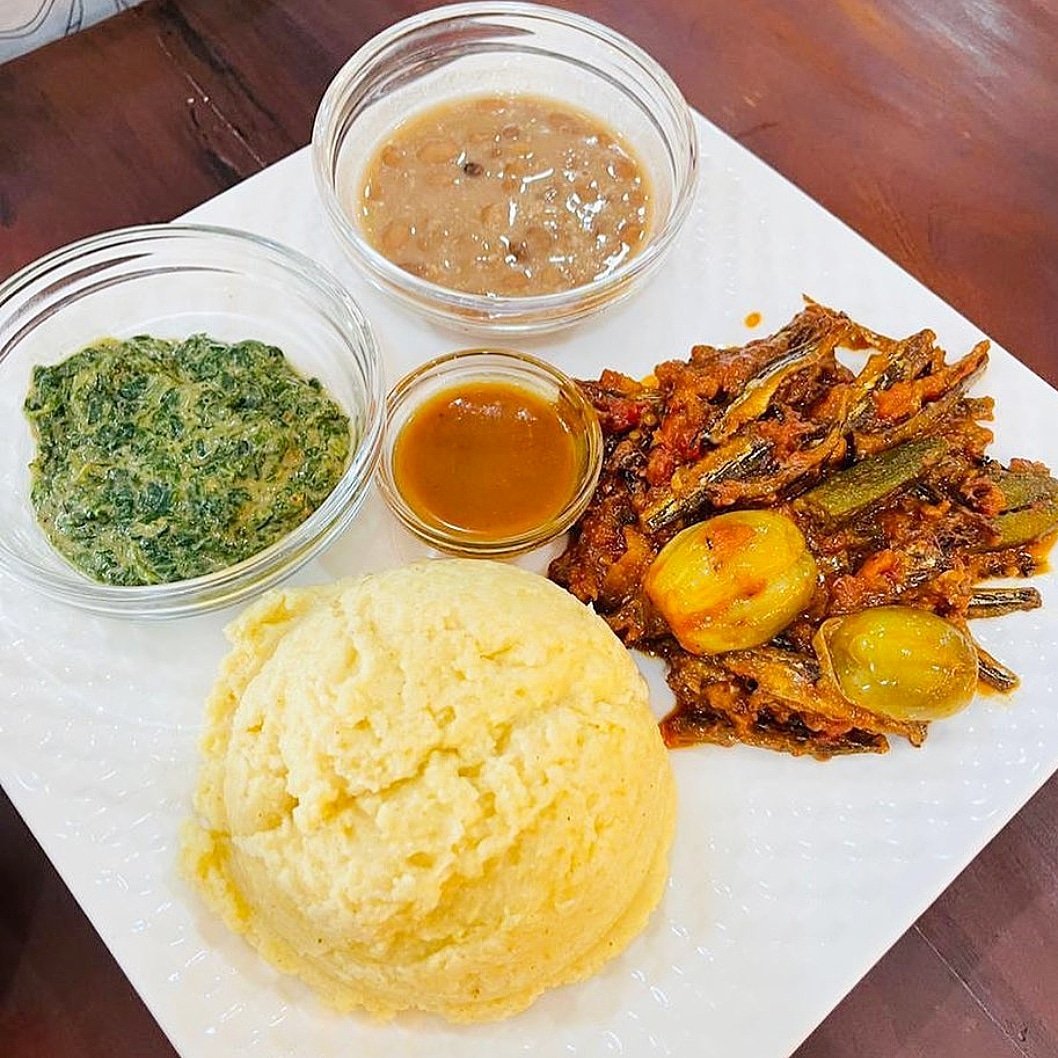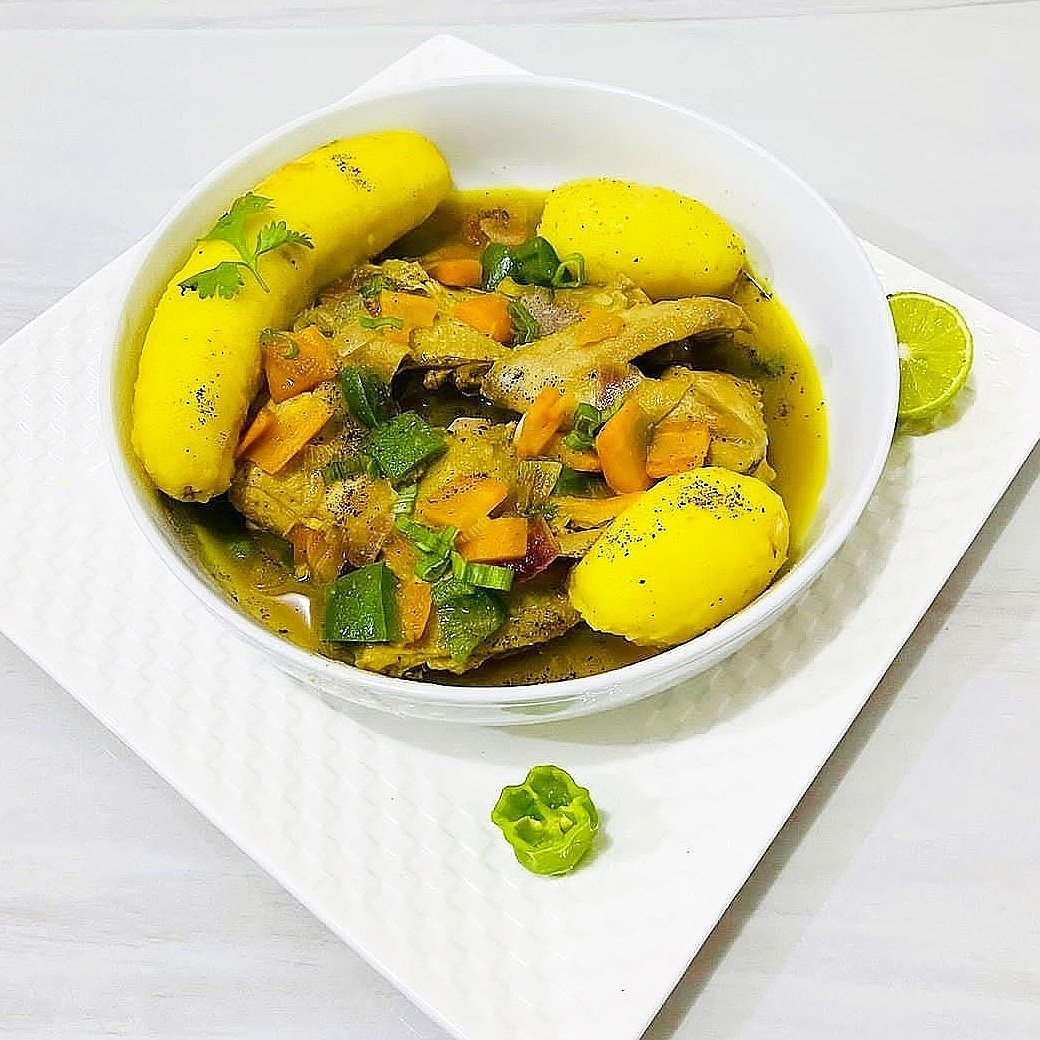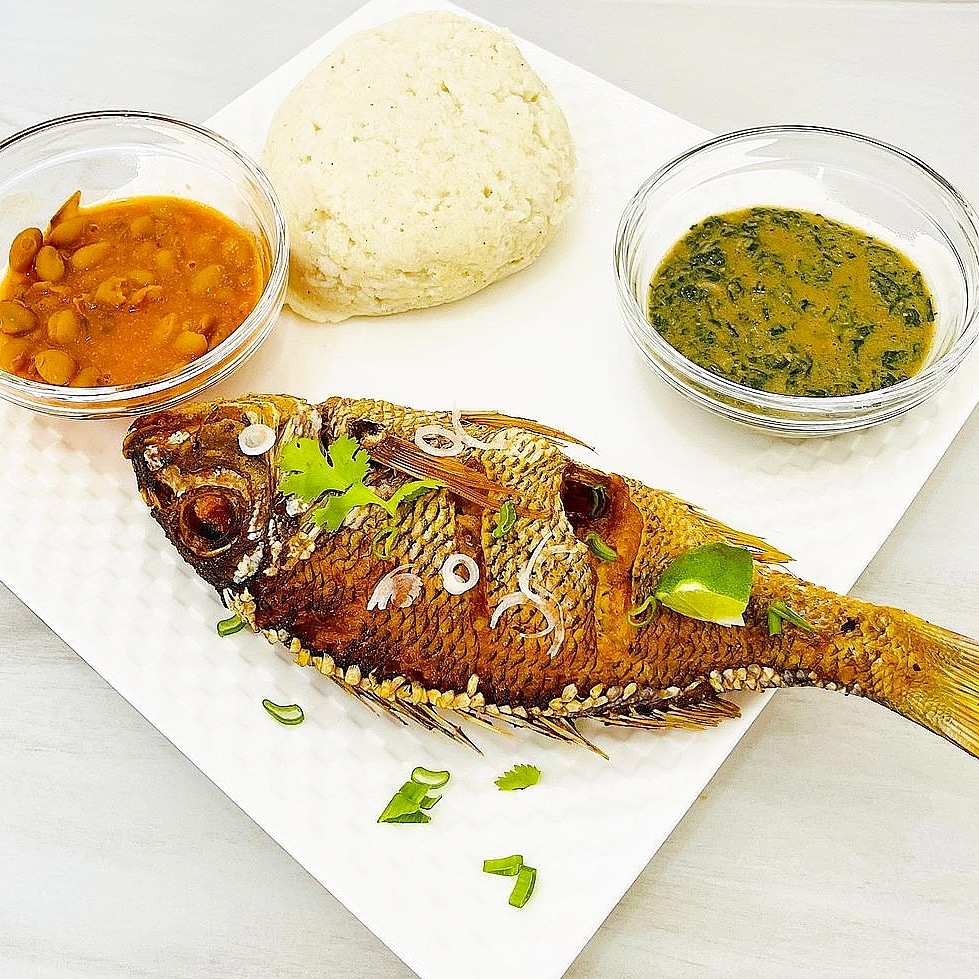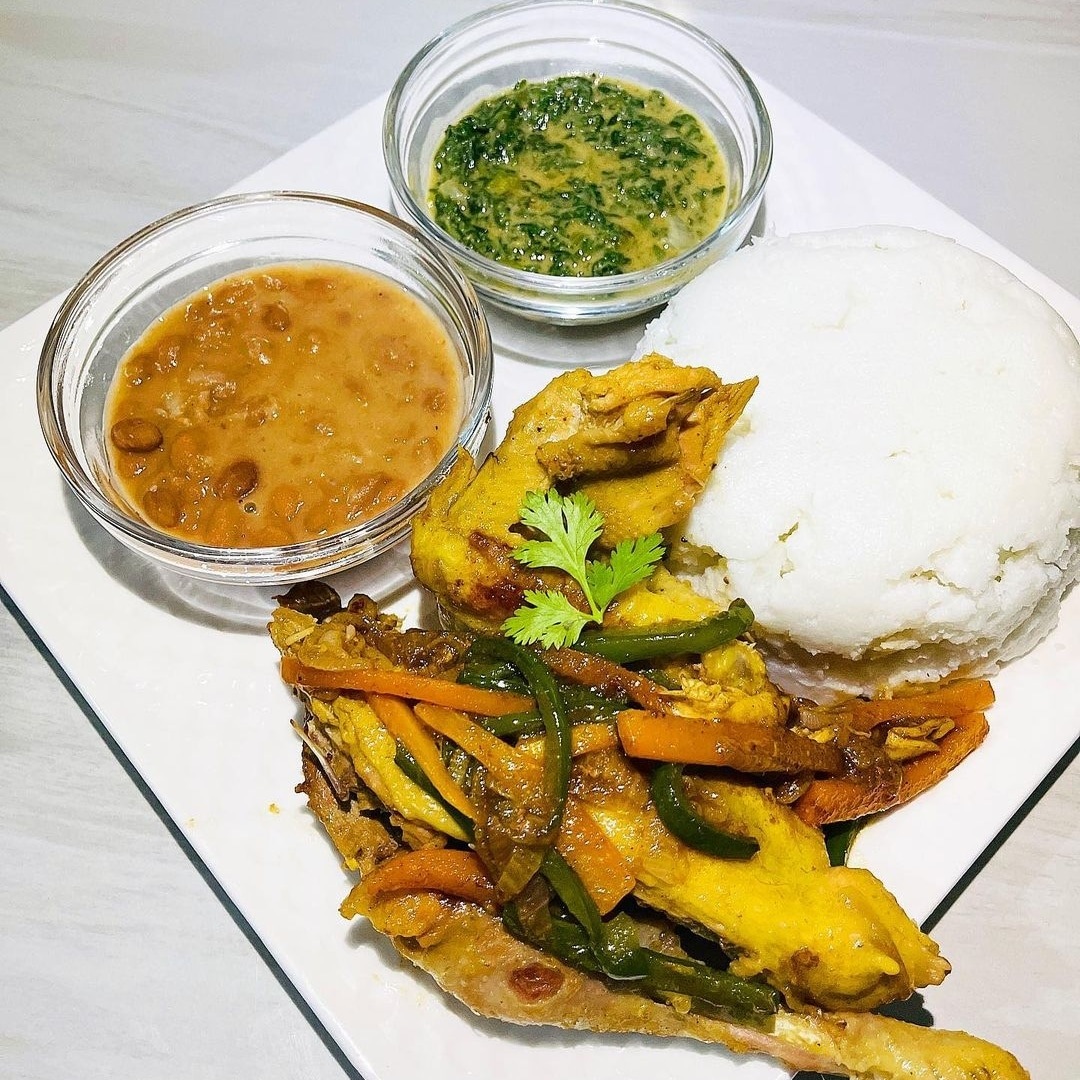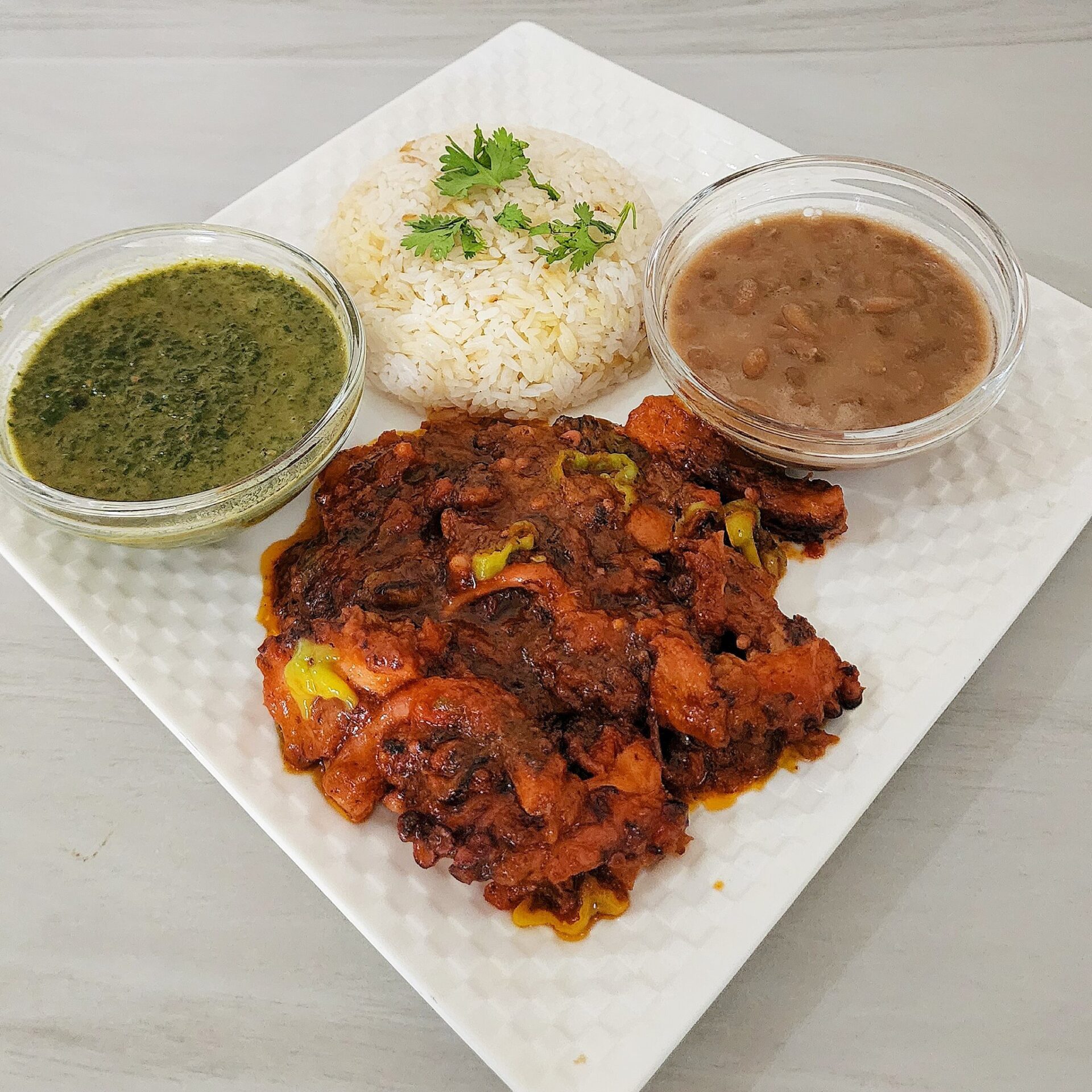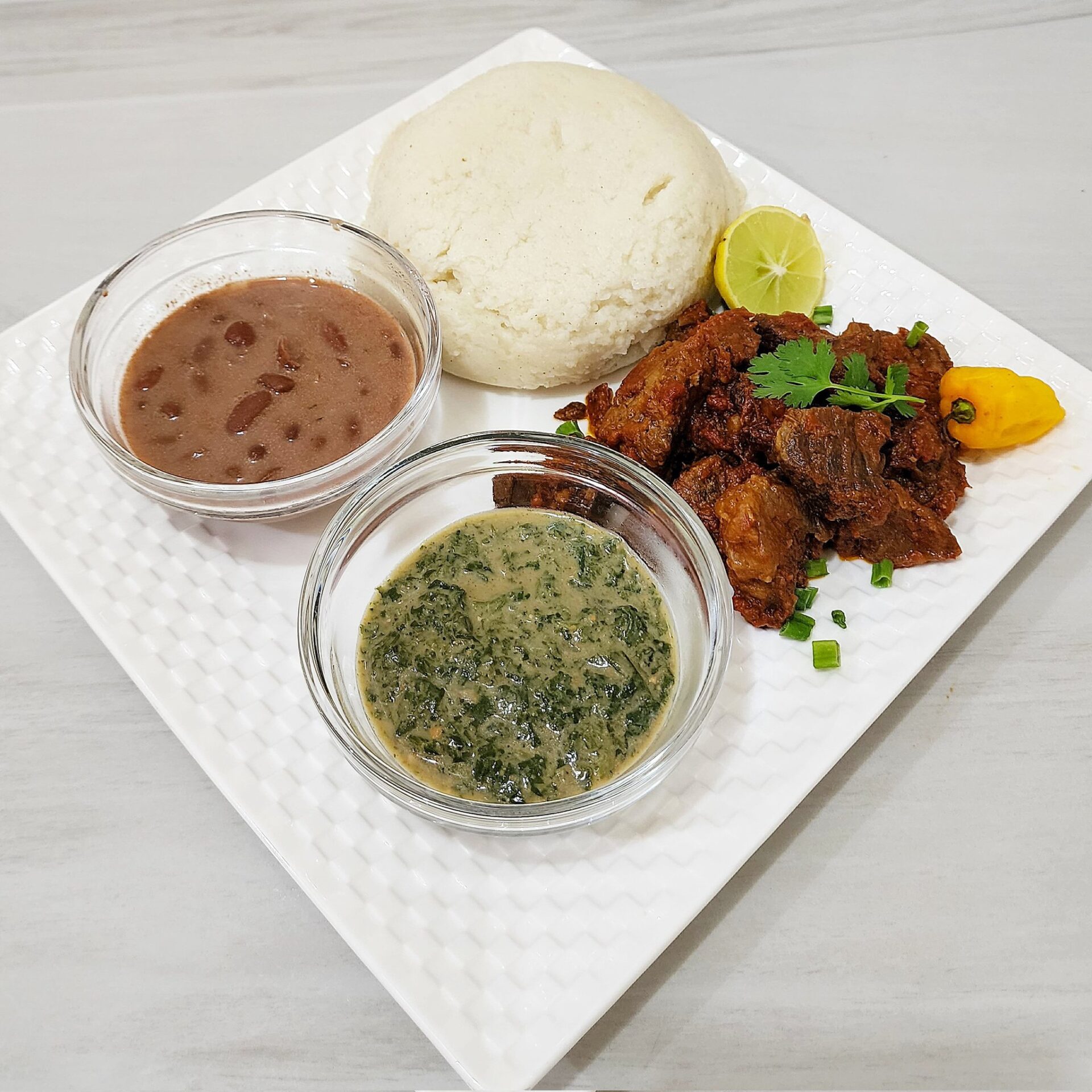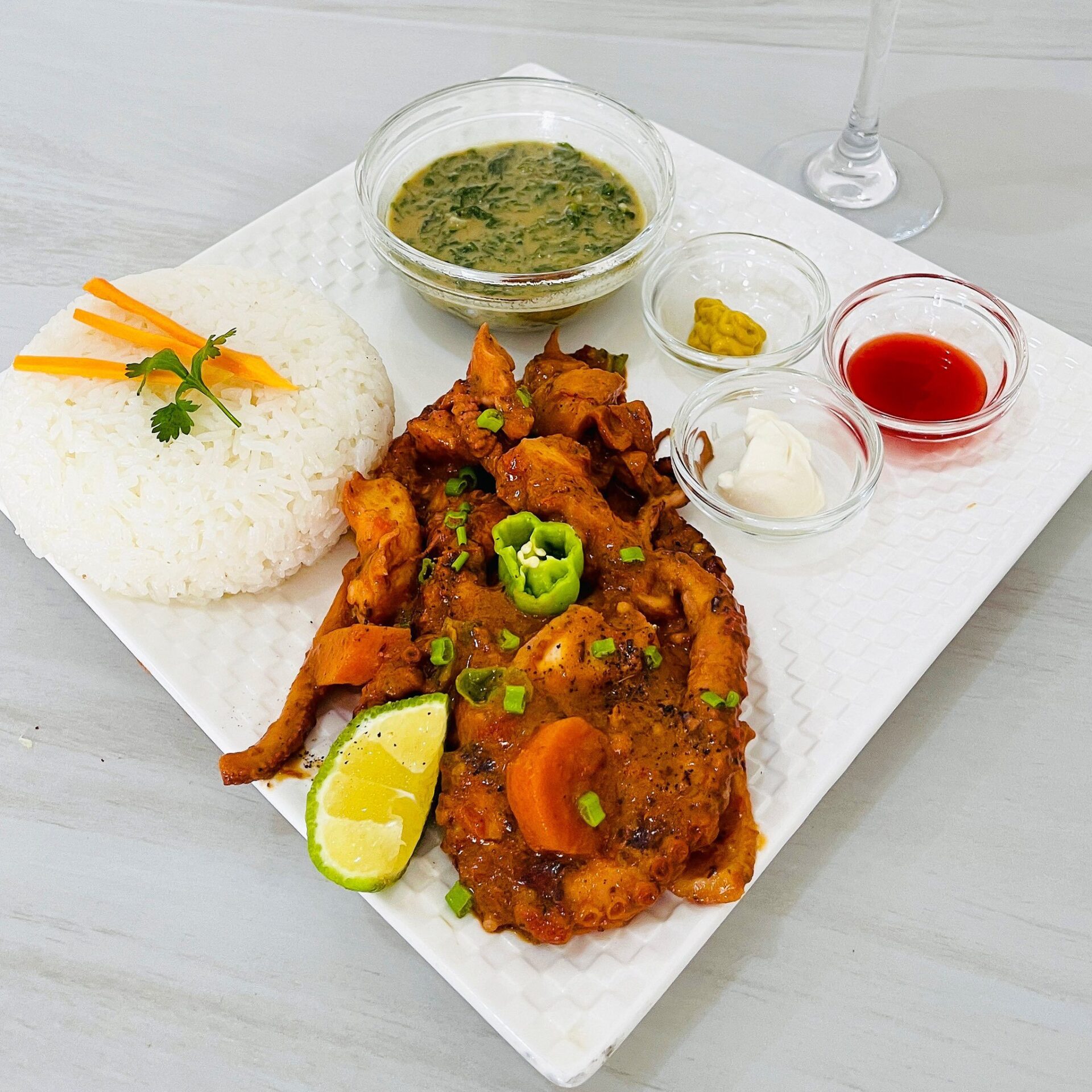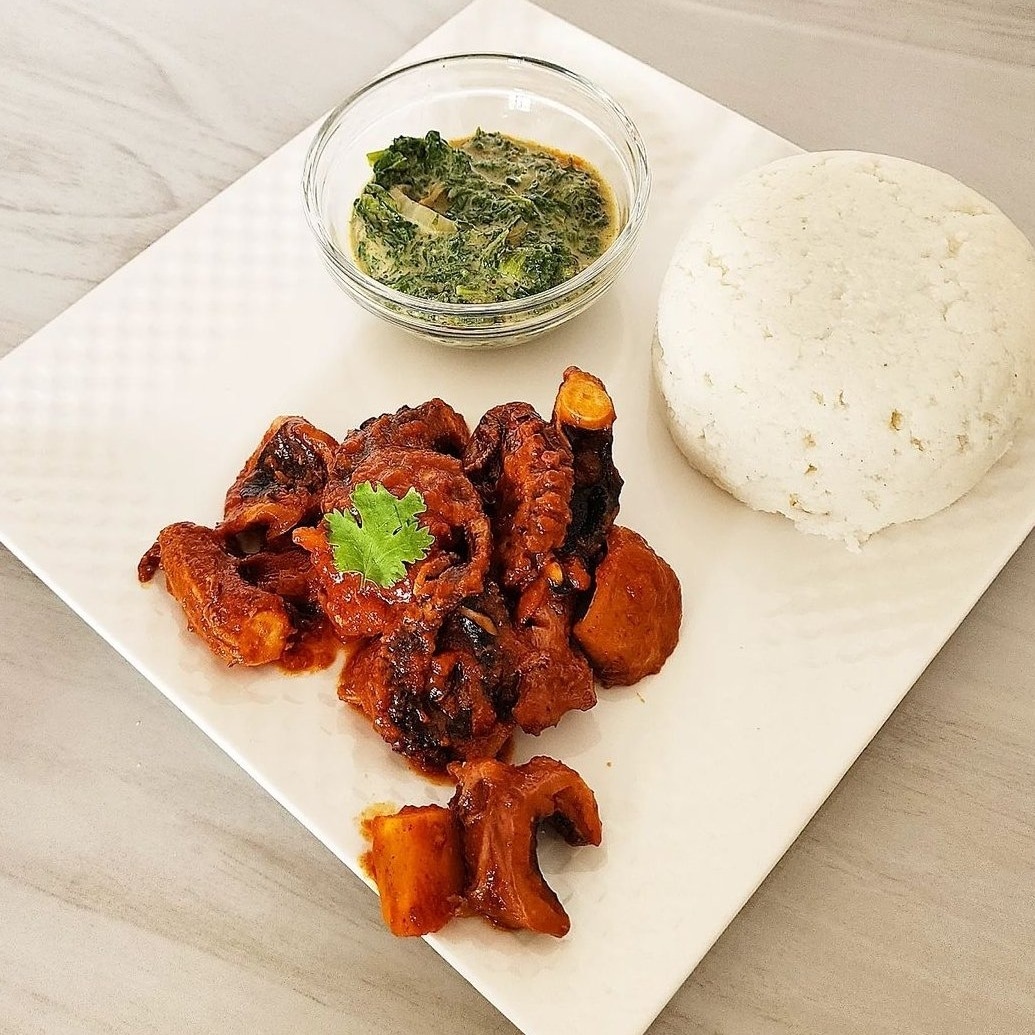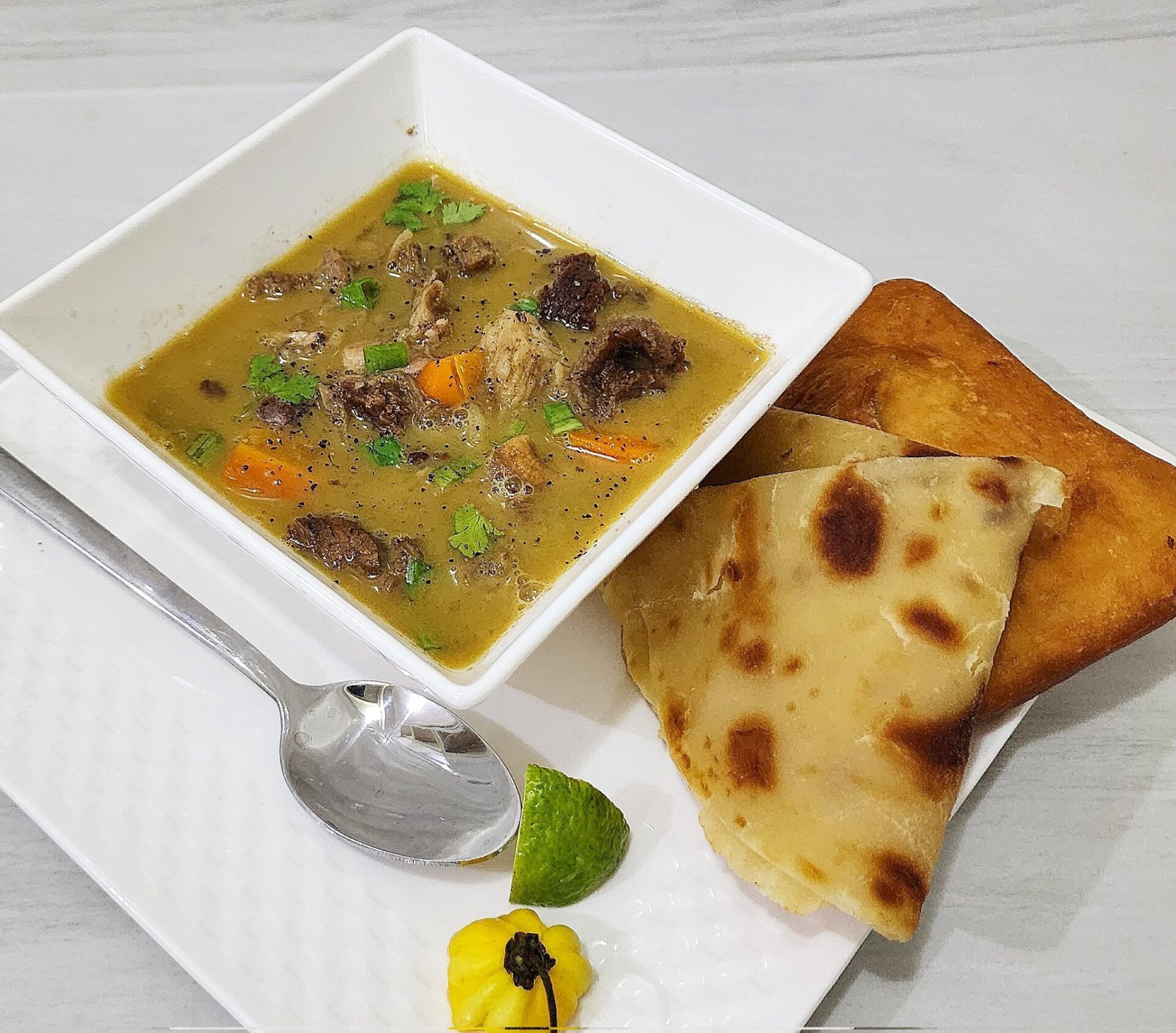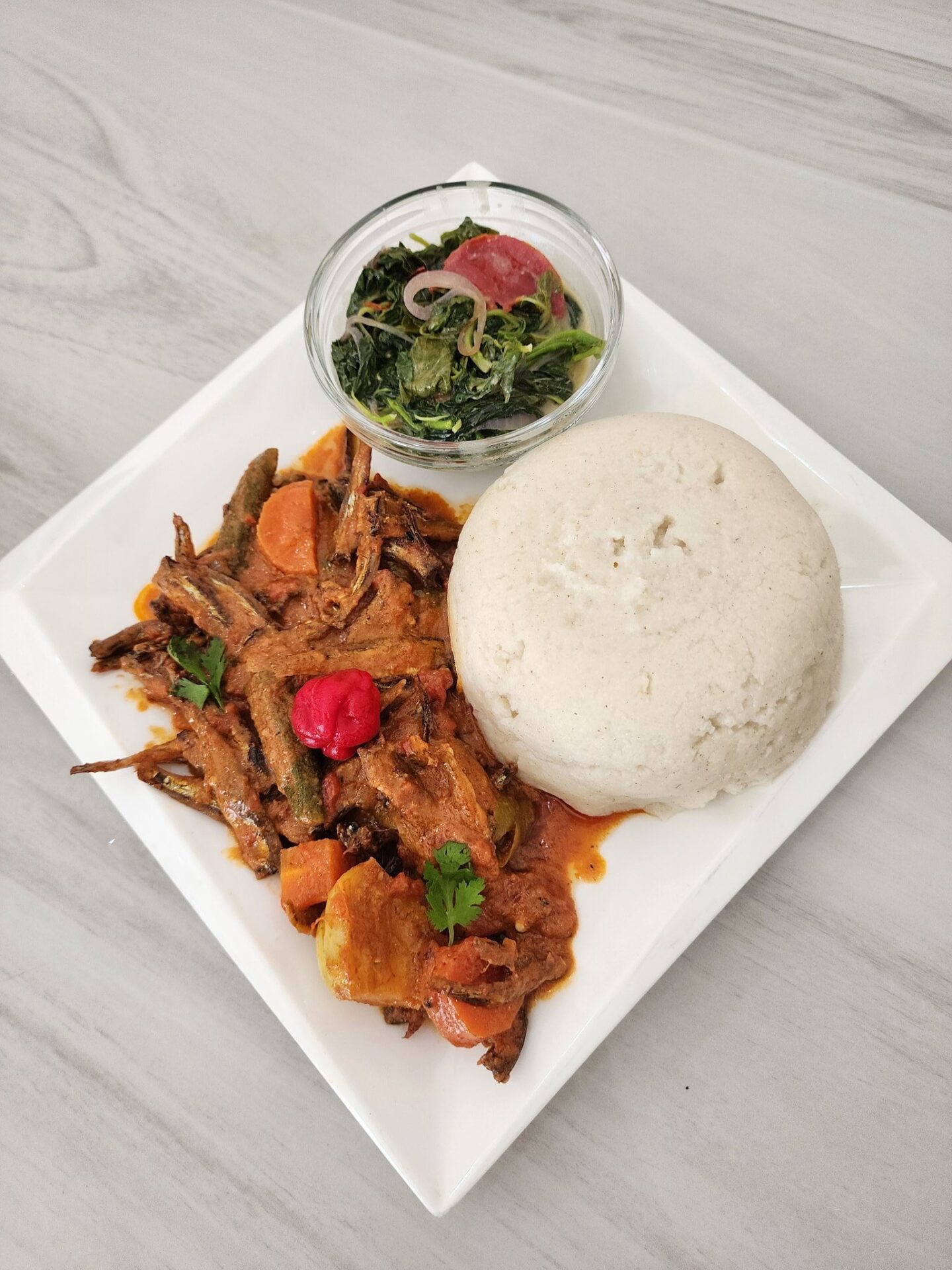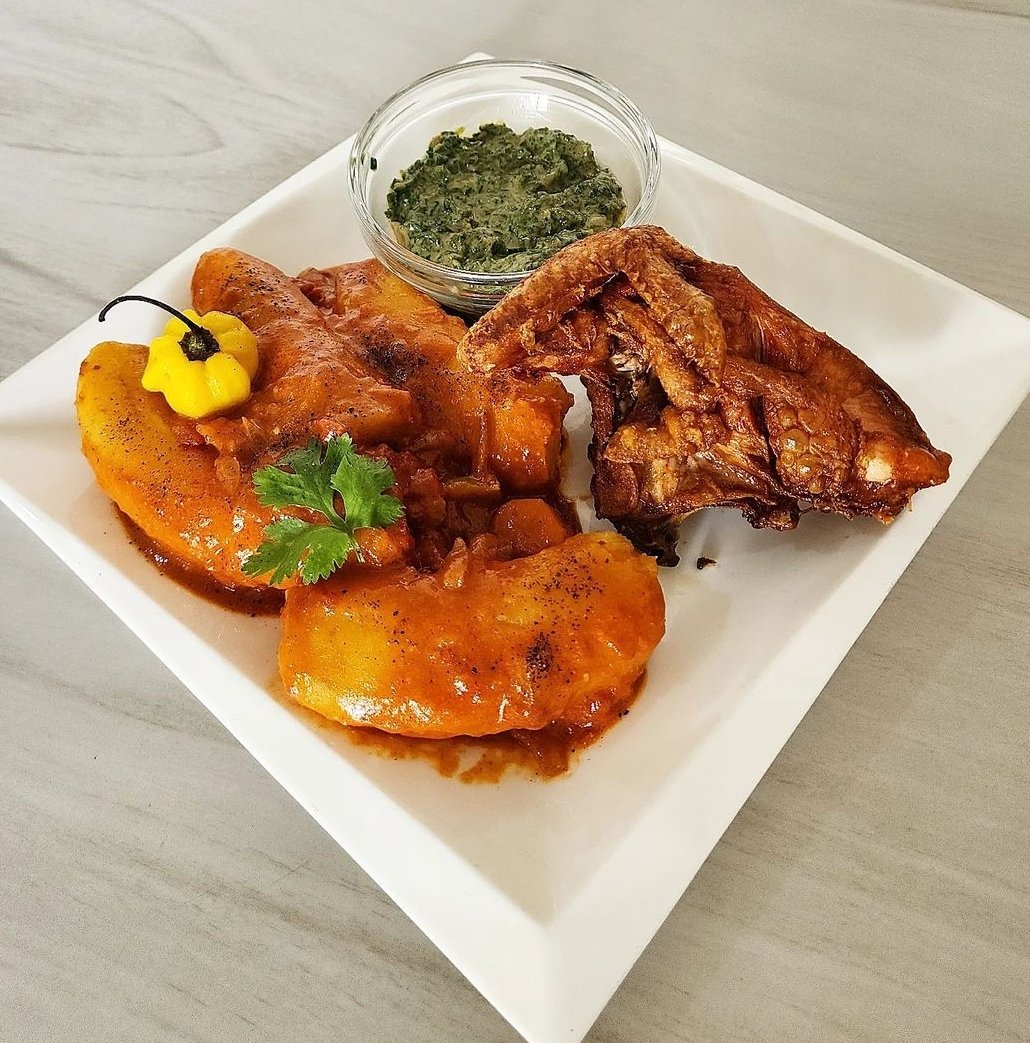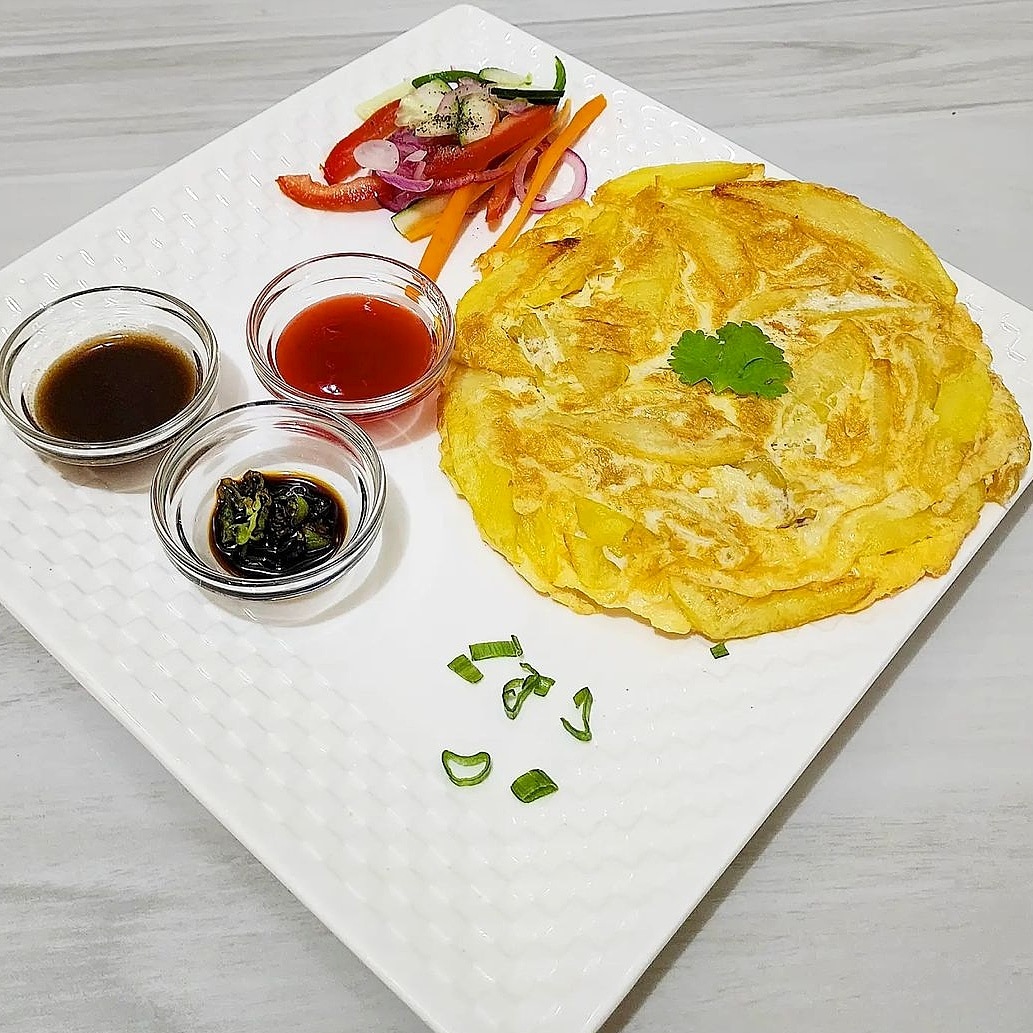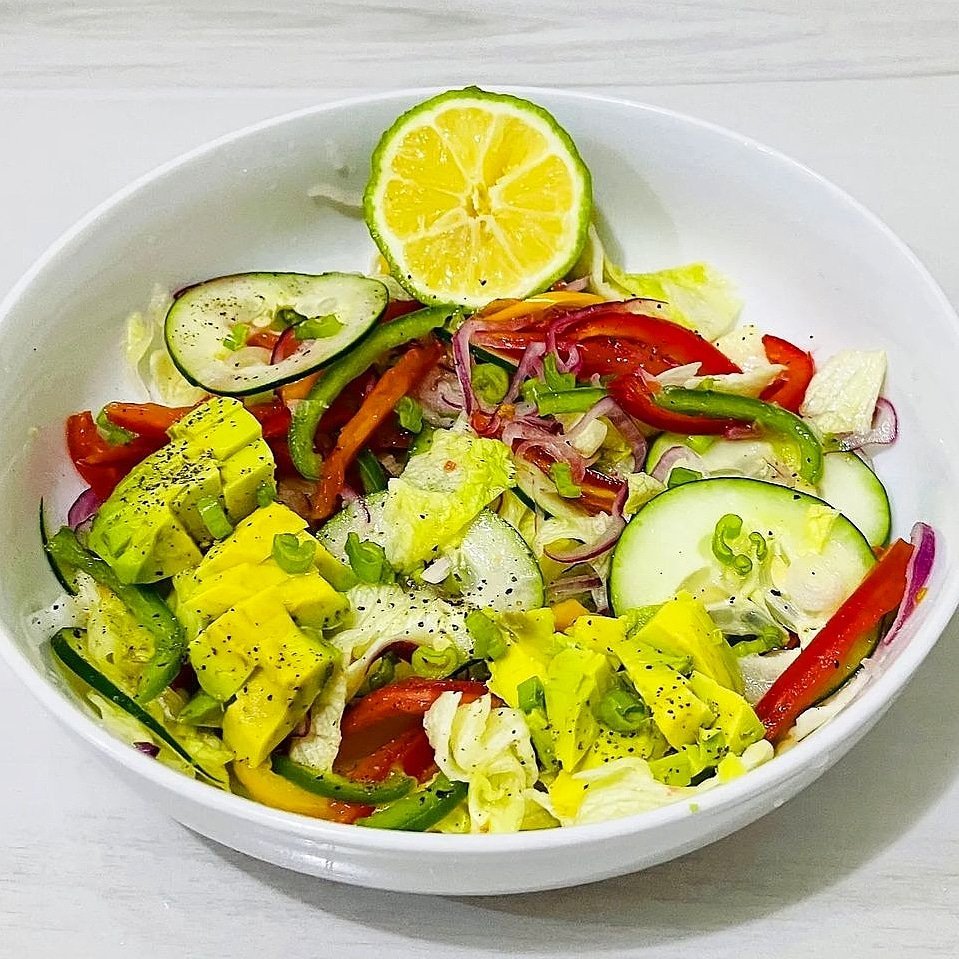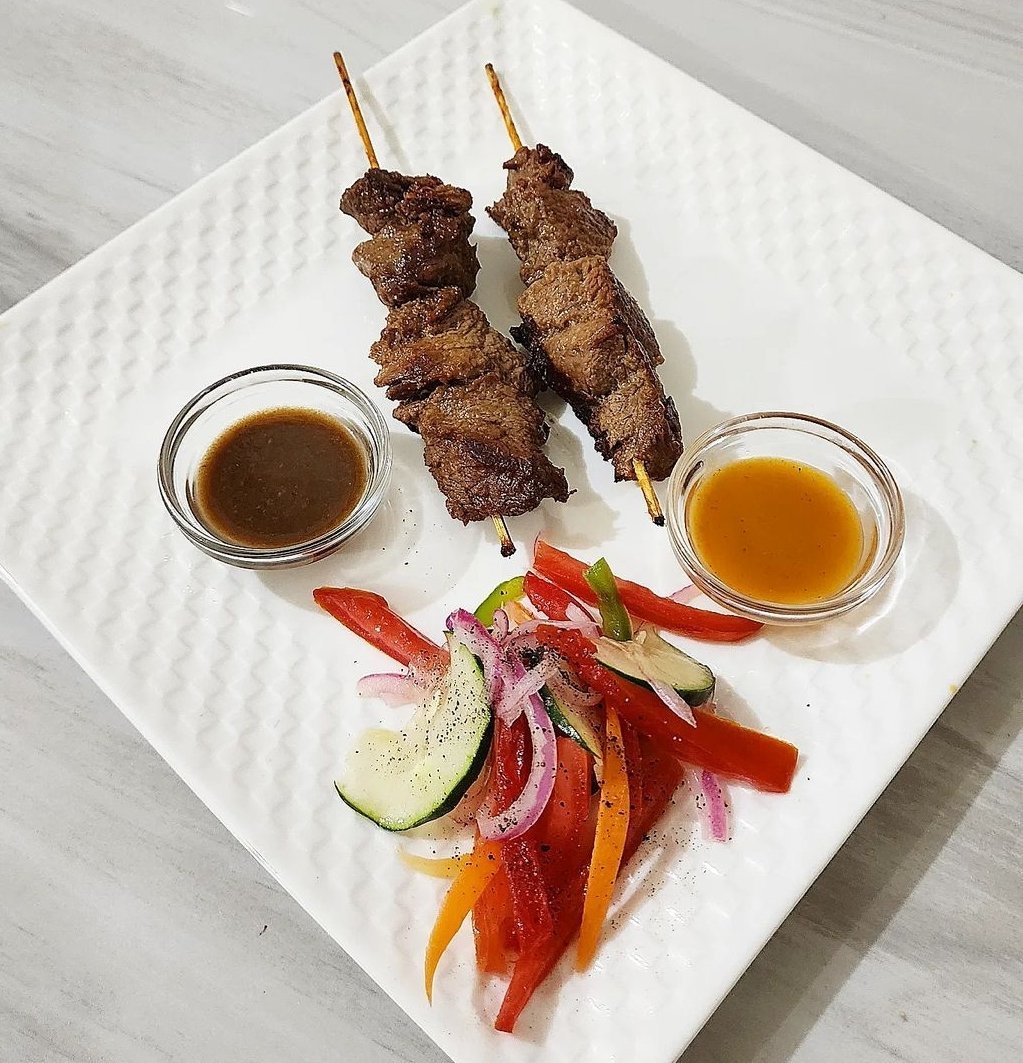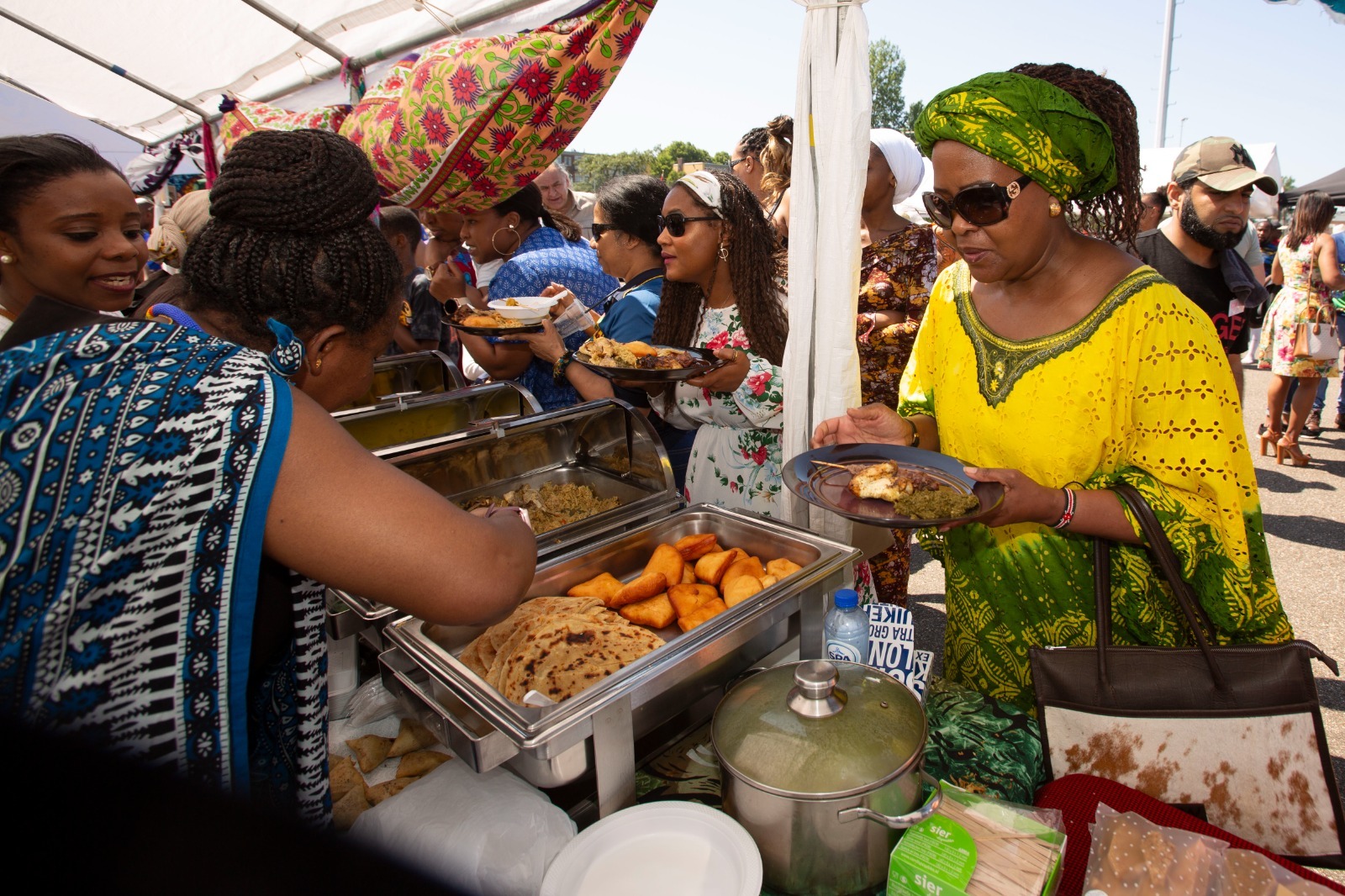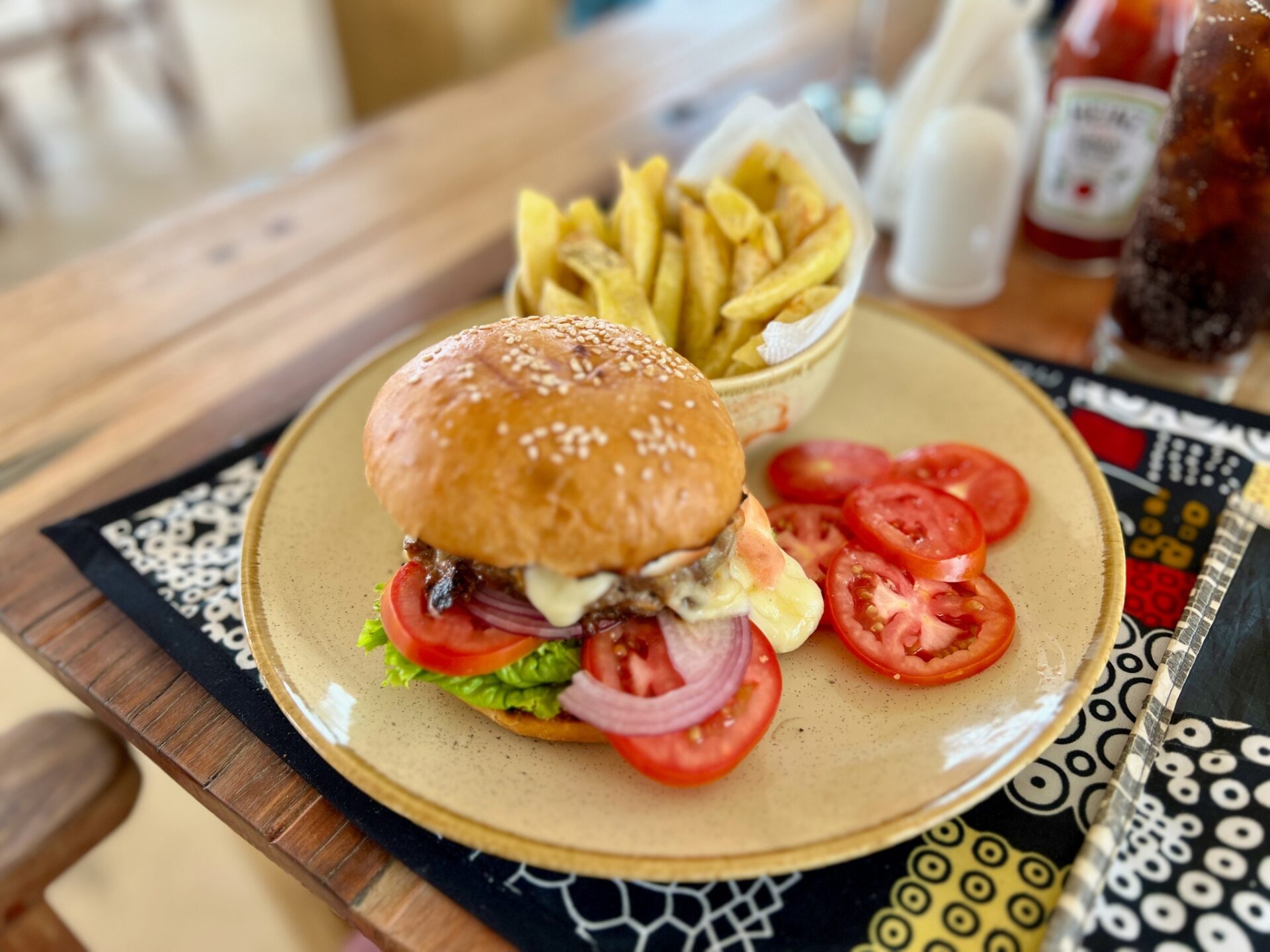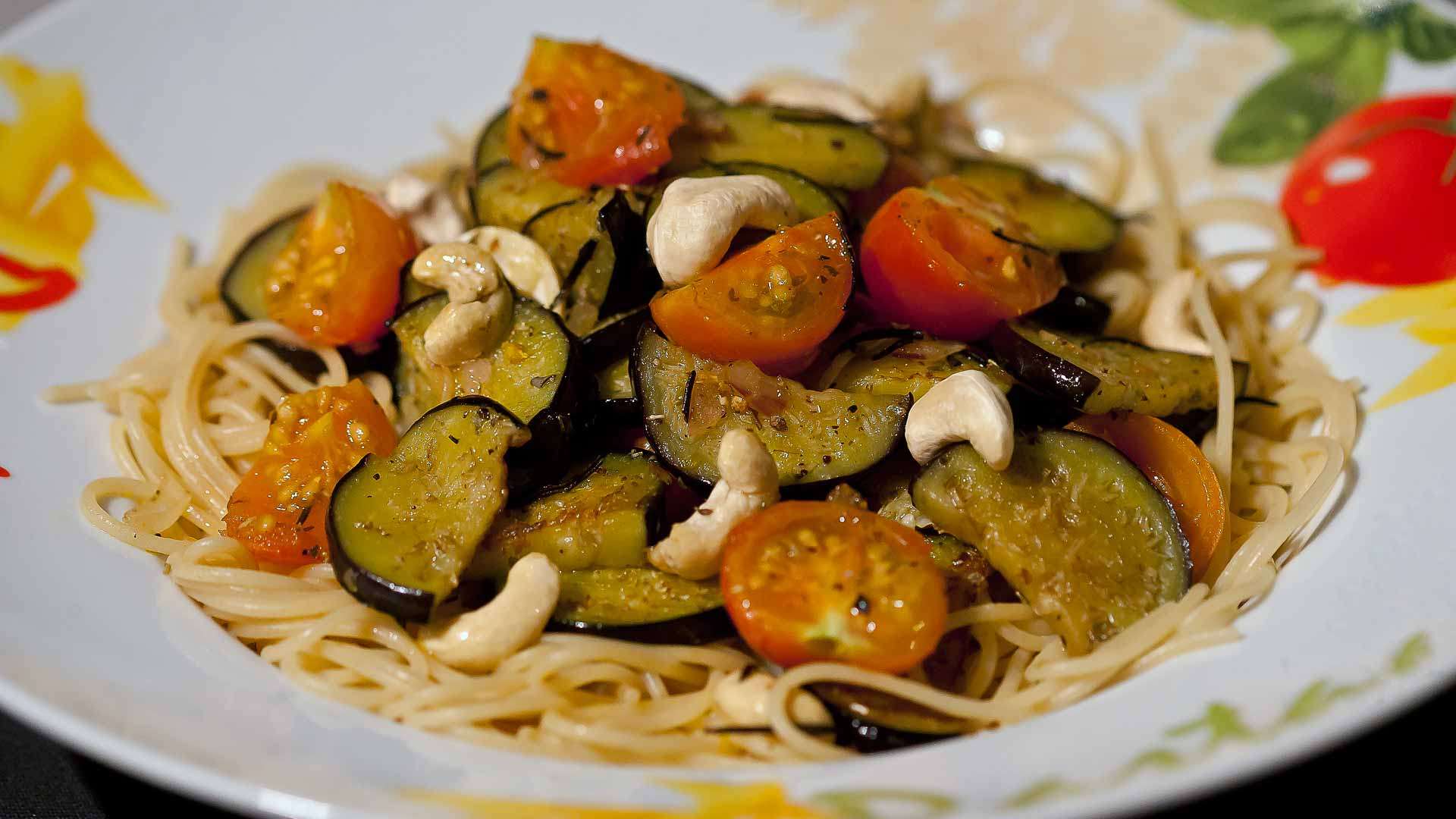Tanzania, situated in East Africa, boasts a diverse and vibrant culinary scene that reflects the country’s rich cultural heritage. Influenced by Arab, Indian, and African traditions, Tanzanian cuisine offers a unique blend of flavours and ingredients.

This article delves into the traditional food of Tanzania, highlighting popular dishes and the distinctive flavours that define Tanzanian gastronomy.
Tanzania, a country known for its rich cultural heritage and stunning landscapes, also boasts a diverse and vibrant culinary scene. From traditional Tanzanian dishes to modern fusion cuisine, the country’s food offerings are a reflection of its history, geography, and cultural influences.
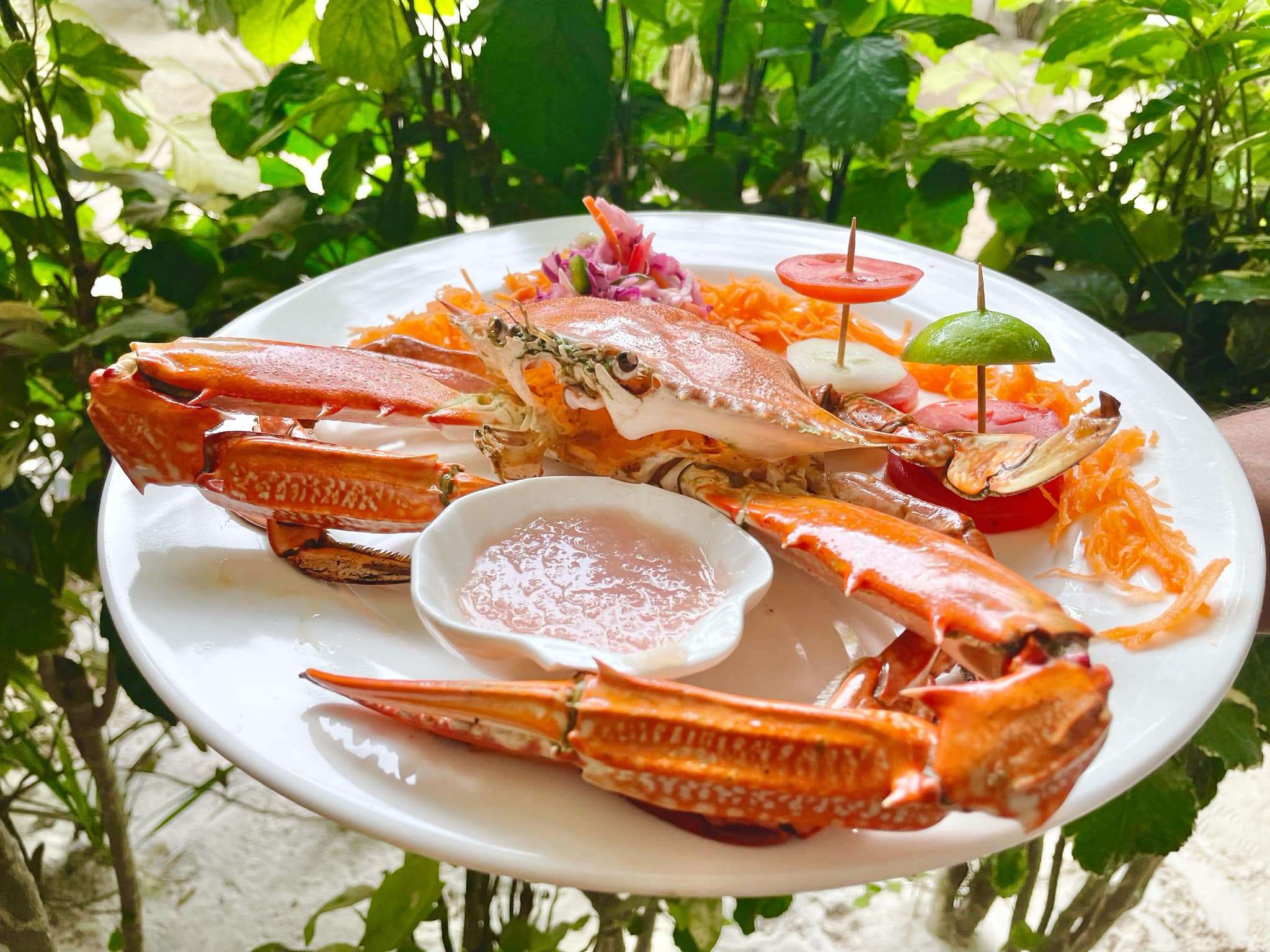
Tanzanian cuisine is a testament to the rich tapestry of cultural influences that have shaped the country’s culinary identity.
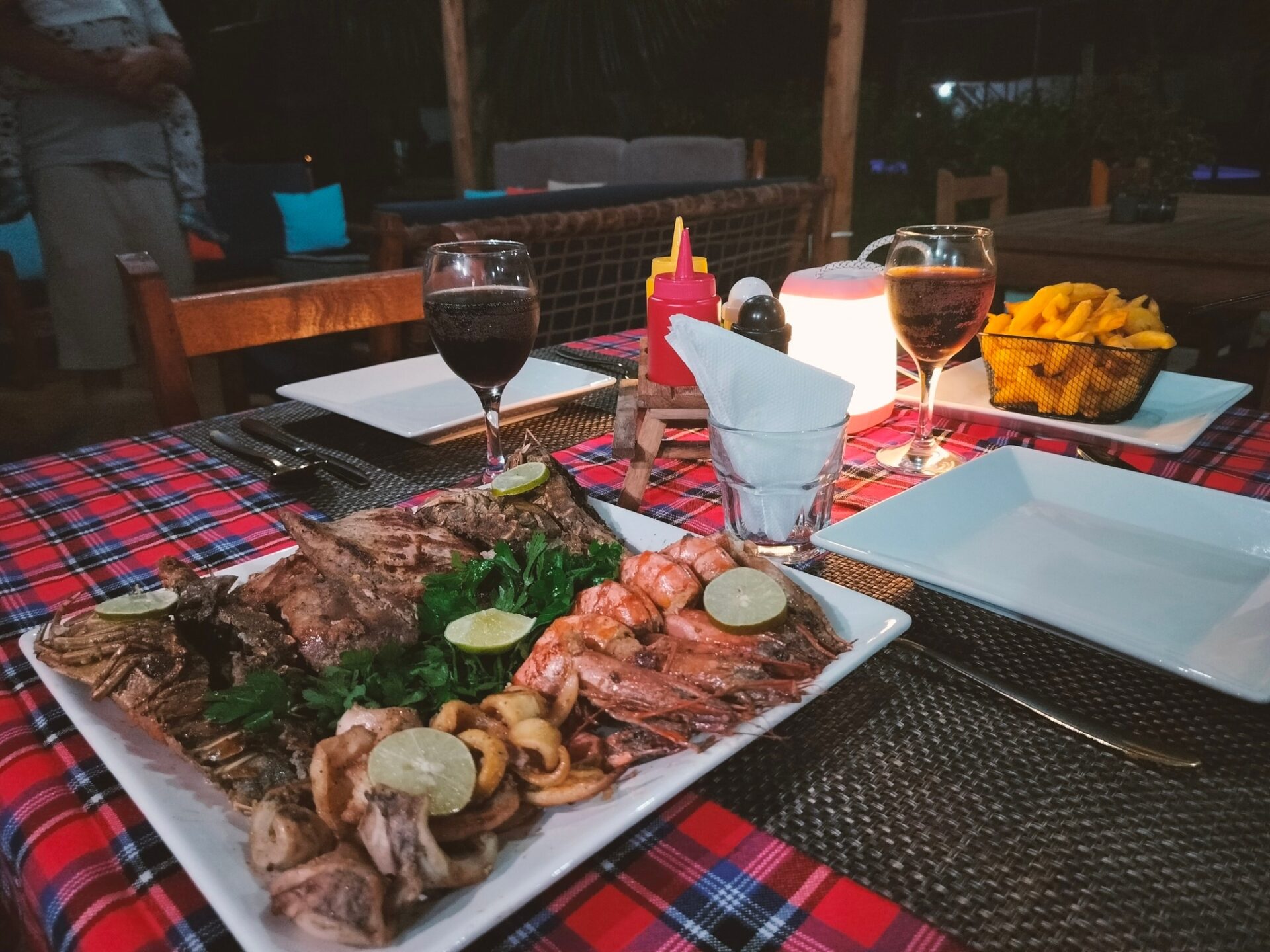
Tanzanian Food: A Culinary Journey
Tanzanian cuisine is a delightful blend of flavours, textures, and aromas, influenced by the country’s diverse ethnic groups and its proximity to the Indian Ocean.
The traditional Tanzanian dishes are a testament to the country’s rich culinary heritage, with each region offering its own unique specialties.
Exploring Tanzania Cuisine
Tanzanian cuisine is characterized by its use of fresh, locally sourced ingredients such as grains, fruits, vegetables, and meats. Staple foods like ugali, a maize porridge, and pilau, a fragrant rice dish, are commonly enjoyed across the country. Seafood also plays a significant role in Tanzanian cuisine, with dishes like grilled fish and coconut-infused curries being popular choices along the coastal regions.
Traditional Tanzanian Dishes: A Taste of Authenticity
When it comes to traditional Tanzanian dishes, one cannot overlook the iconic dish, “nyama choma,” which translates to “grilled meat.” This dish, often prepared with beef or goat meat, is a staple at social gatherings and celebrations. 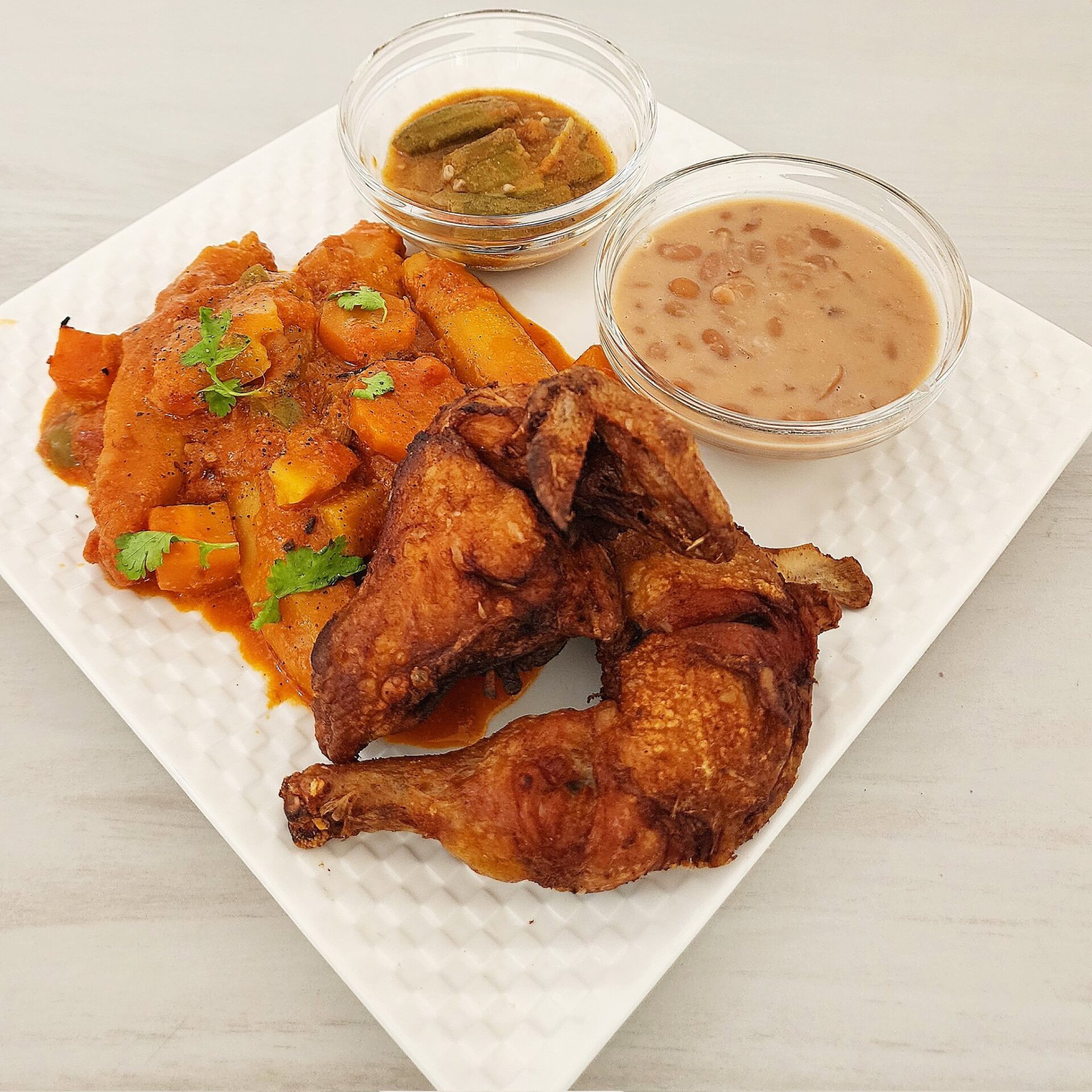
Embracing Culinary Diversity
Tanzania’s culinary landscape is not limited to traditional dishes alone. The country’s urban centres are home to a burgeoning food scene, where international influences have led to the creation of innovative fusion cuisine.
From Swahili-inspired seafood platters to Indian-influenced biryanis, the diversity of Tanzanian food is a testament to the country’s openness to culinary experimentation.
Preserving Culinary Traditions
While modern influences have made their mark on Tanzanian cuisine, the country remains deeply rooted in its culinary traditions. Families and communities continue to pass down age-old recipes and cooking techniques, ensuring that the essence of Tanzanian food remains intact for generations to come.
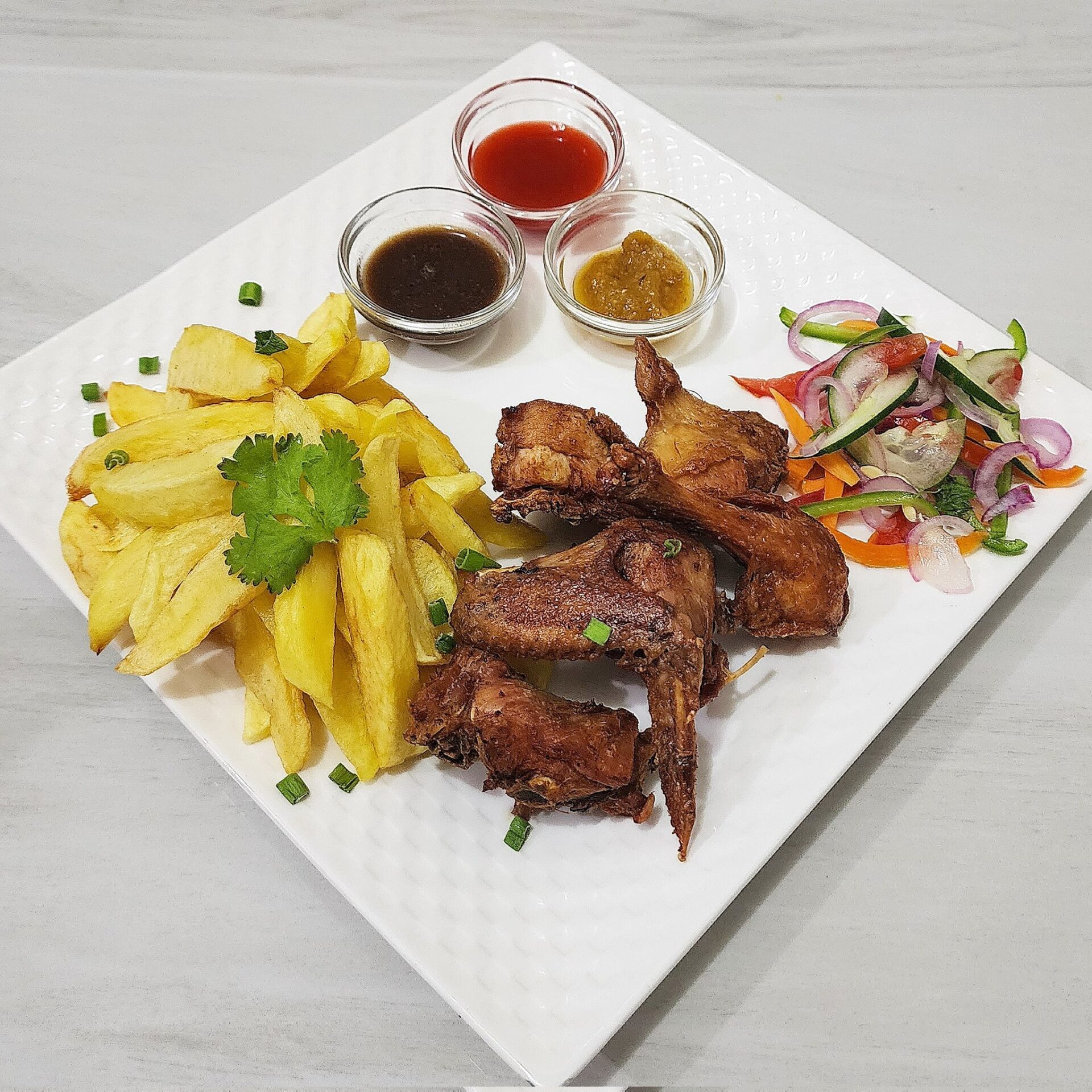
B. Influence of Arab, Indian, and African traditions on Tanzanian cuisine
Influence of Arab, Indian, and African Traditions on Tanzanian Cuisine
Tanzanian cuisine is a rich tapestry of flavours and culinary traditions, influenced by a diverse array of cultures, including Arab, Indian, and African. This fusion of influences has resulted in a unique and vibrant culinary landscape that reflects the country’s history and heritage.
Arab Influence on Tanzanian Cuisine
The Arab influence on Tanzanian cuisine can be traced back to the 8th century when Arab traders first arrived on the Swahili coast. They brought with them a variety of spices, such as cloves, cardamom, and cinnamon, which have become integral to Tanzanian cooking. Additionally, Arab culinary techniques, such as marinating meats in yogurt and using fragrant spices in rice dishes, have also left a lasting impact on Tanzanian cuisine.
Indian Influence on Tanzanian Cuisine
The Indian influence on Tanzanian cuisine is particularly evident in the use of lentils, chickpeas, and a wide array of spices, including cumin, coriander, and turmeric. Indian immigrants who arrived in Tanzania brought with them their rich culinary traditions, which have since become an integral part of the country’s food culture. Tanzanian dishes like pilau, a fragrant rice dish flavoured with spices and often served with meat, bear the unmistakable imprint of Indian culinary techniques.
African Cooking Techniques in Tanzanian Cuisine
African cooking techniques, characterized by the use of fresh, locally sourced ingredients and slow cooking methods, form the backbone of Tanzanian cuisine. Staples such as ugali, a maize-based porridge, and nyama choma, grilled meat, are quintessential examples of African culinary traditions that have been embraced and incorporated into Tanzanian cooking.
African Influence on Tanzanian Cuisine
The African influence on Tanzanian cuisine extends beyond cooking techniques to encompass a deep-rooted connection to the land and a reliance on seasonal, fresh produce. Traditional dishes like mshikaki, skewered and grilled meat, and mchuzi wa samaki, a flavourful fish stew, showcase the vibrant flavours and bold spices that are hallmarks of African cuisine.
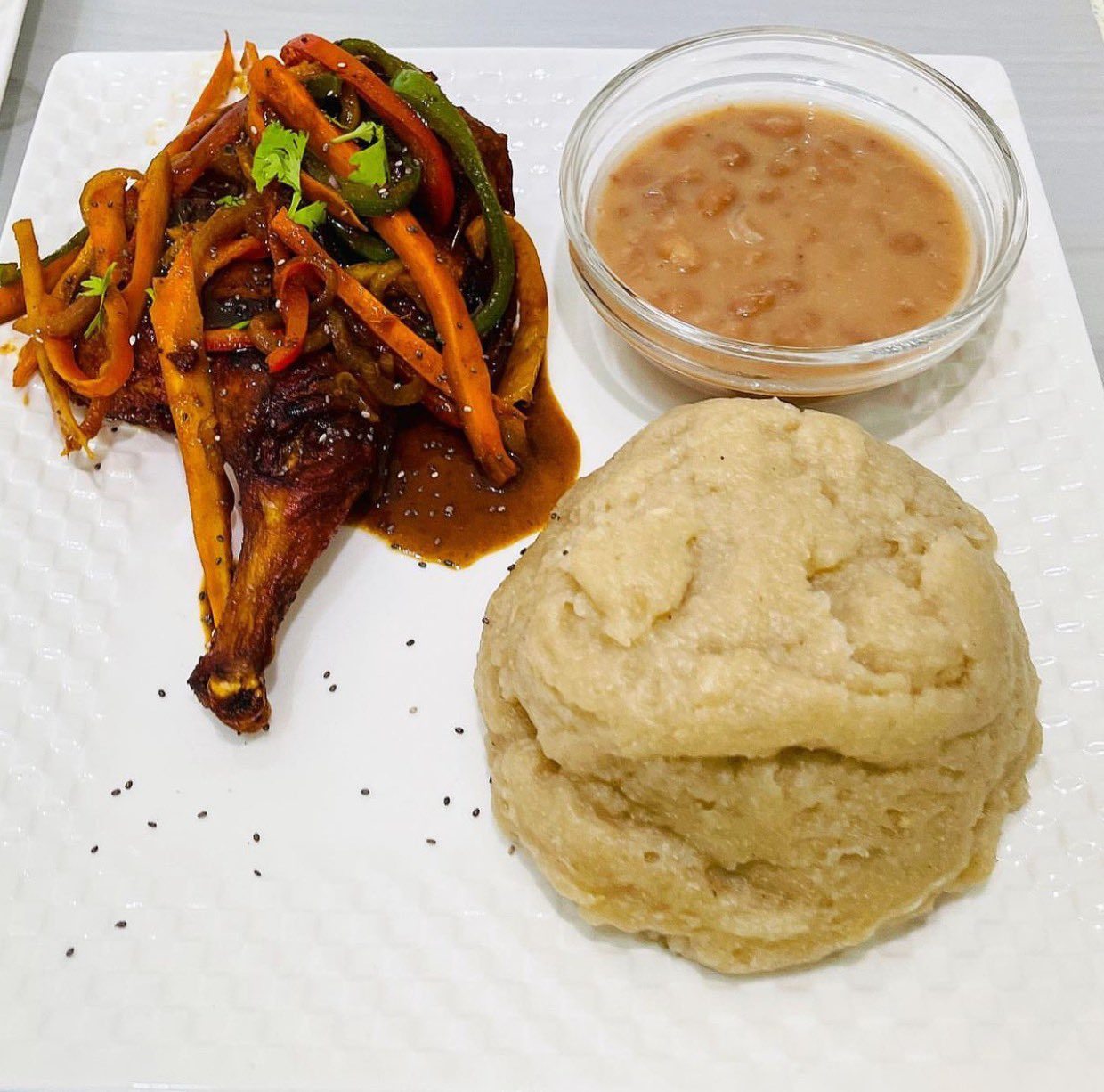
C. Unique blend of flavours and ingredients in Tanzanian gastronomy
II. Traditional Tanzanian Food
A. Emphasis on simplicity and fresh, locally sourced ingredients
B. Staple foods such as maize, rice, beans, and vegetables
C. Iconic dish: Ugali, a thick maize flour porridge
1. Accompanied by flavourful stews like Nyama Choma, Mchuzi wa Samaki, or Mchuzi wa Kuku
D. Pilau, a beloved Tanzanian dish
1. Features fragrant rice cooked with an array of spices including cinnamon, cardamom, and cloves
III. Popular Dishes in Tanzanian Cuisine
A. Description of popular dishes such as Wali wa Nazi (coconut rice), Ndizi Nyama (plantains with meat), and Chapati
B. Emphasis on the use of spices and herbs to enhance flavours
C. Influence of coastal and inland regions on the diversity of dishes
IV. Distinctive Flavours in Tanzanian Gastronomy
A. Exploration of the unique flavours and taste profiles in Tanzanian cuisine
B. Use of local ingredients and traditional cooking methods
C. Impact of cultural diversity on the variety of flavours in Tanzanian dishes
V. Cultural Significance of Tanzanian Food
A. Discussion of the role of food in Tanzanian traditions and celebrations
B. Importance of communal dining and sharing meals in Tanzanian culture
C. Preservation of culinary heritage and traditional cooking techniques
Traditional Tanzanian Food
Tanzanian cuisine is celebrated for its simplicity and emphasis on fresh, locally sourced ingredients. Staple foods such as maize, rice, beans, and vegetables form the foundation of traditional Tanzanian dishes. One of the most iconic dishes is Ugali, a thick maize flour porridge often accompanied by flavourful stews like Nyama Choma (grilled meat), Mchuzi wa Samaki (fish stew), or Mchuzi wa Kuku (chicken stew).
Pilau, another beloved Tanzanian dish, features fragrant rice cooked with an array of spices including cinnamon, cardamom, and cloves. This aromatic rice dish is often prepared with meat or vegetables, adding depth and richness to the flavours. Additionally, Wali wa Nazi, a coconut rice dish, is a popular choice in coastal regions, showcasing the influence of the Indian Ocean on Tanzanian cuisine.
Popular Tanzanian Dishes
In addition to Ugali and Pilau, Tanzania offers a diverse array of popular dishes that showcase the country’s culinary prowess. Mshikaki, succulent marinated meat skewers grilled over an open flame, are a favourite street food enjoyed throughout Tanzania.
The tantalizing aroma of these skewers sizzling on the grill is a testament to the country’s love for grilled meats.
For seafood enthusiasts, Zanzibar’s renowned dish, Octopus Curry, is a must-try. This flavourful curry, infused with aromatic spices and coconut milk, highlights the coastal influence on Tanzanian cuisine and exemplifies the country’s ability to create exquisite seafood dishes.
Tanzanian street food culture also thrives with offerings such as Mandazi, a delightful deep-fried pastry often enjoyed with tea or coffee, and Chipsi Mayai, a popular snack consisting of a delicious omelette filled with French fries. These street foods provide a glimpse into the everyday culinary delights enjoyed by Tanzanians.
Contemporary restaurants in Tanzania
Tanzania, a country renowned for its rich cultural heritage and diverse natural landscapes, is also home to a vibrant and evolving food scene. From traditional Swahili cuisine to international fusion, Tanzania’s modern restaurants offer a unique dining experience that reflects the country’s food culture, hospitality and adventurous spirit.
Tanzania’s food culture
Tanzania’s food culture is a reflection of its diverse ethnic groups and historical influences. Traditional Swahili cuisine, characterised by aromatic spices, coconut milk and fresh seafood, is a staple in many modern restaurants. In addition, the influence of Indian, Arabic and European cuisines has contributed to the variety of flavours and ingredients found in Tanzanian dishes.
Food Tourism
Tanzania’s modern restaurants play an important role in from all over the world. The fusion of traditional and contemporary cooking techniques, combined with the use of locally sourced ingredients, creates a unique dining experience that appeals to food lovers seeking authentic flavours and cultural immersion.
World Class Food and Drink
Tanzania’s modern restaurants are committed to providing world-class food and beverages that showcase the country’s culinary prowess. From fine dining establishments to casual eateries, visitors can indulge in a wide range of dishes including grilled meats, fresh salads and decadent desserts.
The dining experience is further enhanced by a diverse selection of beverages, including locally brewed beers, tropical cocktails and artisan coffees.
Good Hospitality
Hospitality is a cornerstone of Tanzanian culture, and the country’s modern restaurants uphold this tradition by providing exceptional service and warm hospitality to their guests. Whether dining in a bustling city restaurant or a tranquil country retreat, visitors can expect to be greeted with genuine warmth and attention, adding to the overall dining experience.
Dining Adventure
Exploring Tanzania’s modern restaurants is a culinary adventure that allows visitors to discover new flavours, textures and dining concepts. From street food markets to fine dining establishments, there is a diverse range of culinary experiences to enjoy, catering for both the adventurous foodie and those seeking familiar comfort.

Unique Flavours of Tanzanian Cuisine
Tanzanian cuisine is distinguished by its bold and vibrant flavours, with a harmonious blend of spices and herbs that elevate each dish.
The use of aromatic spices such as cloves, cardamom, and cinnamon infuses Tanzanian cuisine with a depth of flavour that captivates the palate. Additionally, the liberal use of coconut milk in coastal dishes adds a creamy richness and a touch of sweetness to many Tanzanian delicacies.

In conclusion, Tanzanian cuisine offers a tantalizing journey through a tapestry of flavours, showcasing the country’s rich culinary heritage and diverse influences. From traditional staples like Ugali and Pilau to street food delights and coastal seafood specialties, Tanzanian cuisine is a testament to the country’s vibrant food culture. With its unique flavours and diverse offerings, Tanzanian cuisine continues to captivate and inspire food lovers around the globe.
Abbas J
- Kanyala Ferry Launch: TEMESA’s New Service for 15,000 Sengerema Residents (Mwanza) - 18 August 2025
- Russia-Tanzania Naval Cooperation: How the Smolny Training Ship Boosts Dar es Salaam’s Maritime Security - 18 August 2025
- Tanzania’s ICGLR Commitment: Stabilising the DRC & Great Lakes Region - 18 August 2025



